Note: This product is in active development
When Neo Health approached me in 2024, they had a remarkably ambitious goal: to develop a holistic healthcare platform that would seamlessly connect Africans living in the diaspora with the healthcare needs of their families back home. More than just a telemedicine app, Neo Health aimed to serve as a complete ecosystem—one that tackled every challenge of remote healthcare, from booking appointments to paying for services, fundraising, and staying updated on loved ones’ care.
I also had to do an extensive research on the complexities of international healthcare coordination—through user interviews and market analysis which gave me a clear perspective on the real hurdles such a platform needed to overcome. My research also revealed the scattered nature of cross-border healthcare efforts, often reliant on apps like WhatsApp and other informal communication channels.

The Challenge
Coordinating healthcare across borders is rarely straightforward, the process for many diaspora members is often a scattered one with tons of WhatsApp messages, second-hand updates from relatives, and the continual fear of lacking accurate information about loved ones’ medical conditions.
Neo Health recognized these pain points and wanted to address them all. Their comprehensive challenge list included:
Remote Healthcare Coordination
Ensuring diaspora members can schedule and oversee healthcare services for their families without physically being there.Trust in Healthcare Providers
In many regions, online medical credentials or reviews can be difficult to verify. A robust vetting process was essential.Medical Records Management
Paper documents stored in various clinics create a fragmented record of care, making it hard for both providers and family members to maintain continuity in treatment.Cross-Border Payments
Traditional remittances or money transfer services often come with high fees and complex processes that slow down urgent healthcare payments.Emergency Care Coordination
Rapidly locating the nearest available ambulance or emergency facility when every second counts.Healthcare Financing
Some treatments require immediate, significant funds. Neo Health needed a built-in fundraising and financing feature to assist families in urgent need.Real-Time Care Updates
Families abroad wanted timely, reliable updates—much more than a phone call or a text—to ensure their loved ones were in good hands.
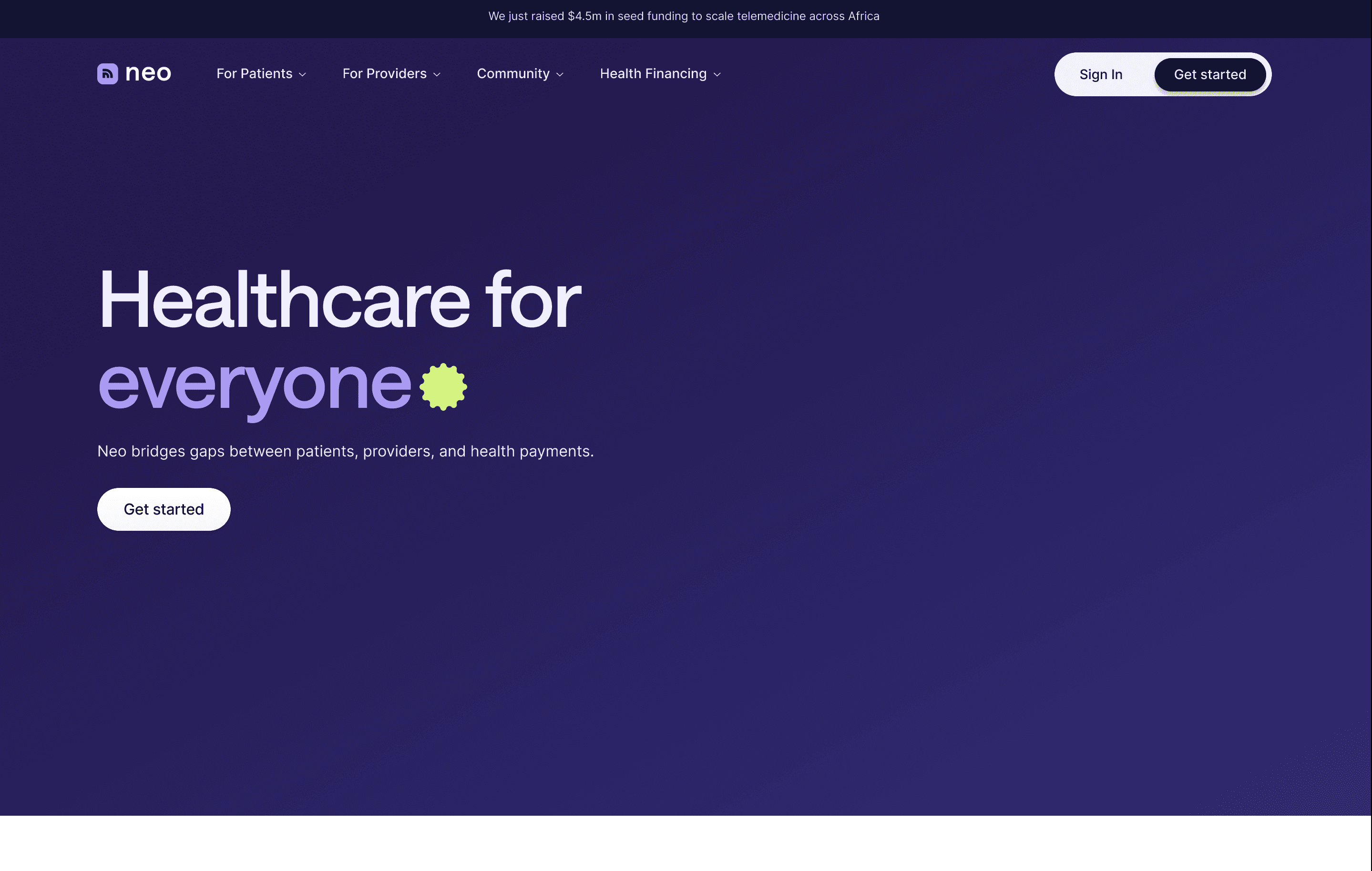
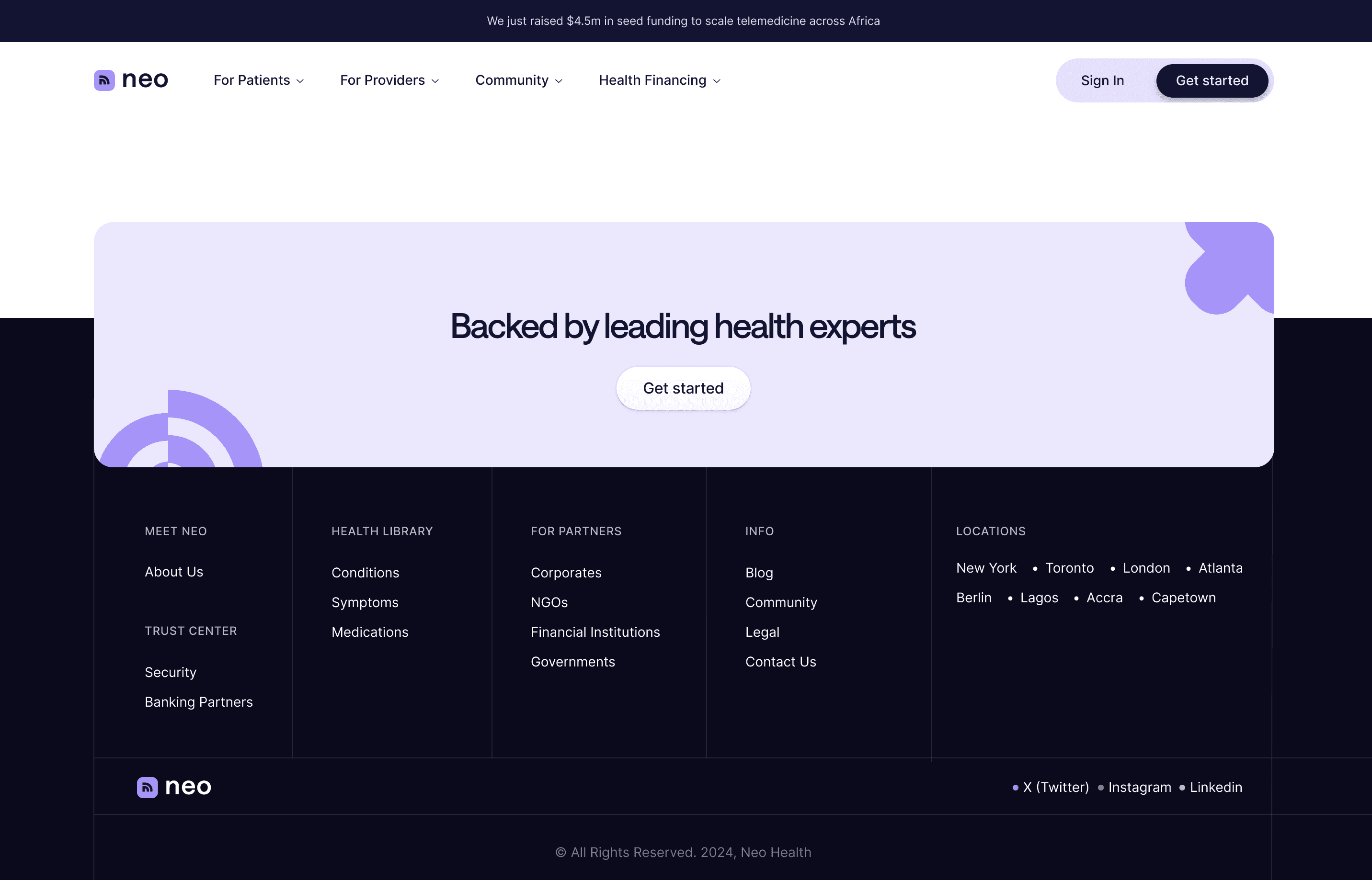
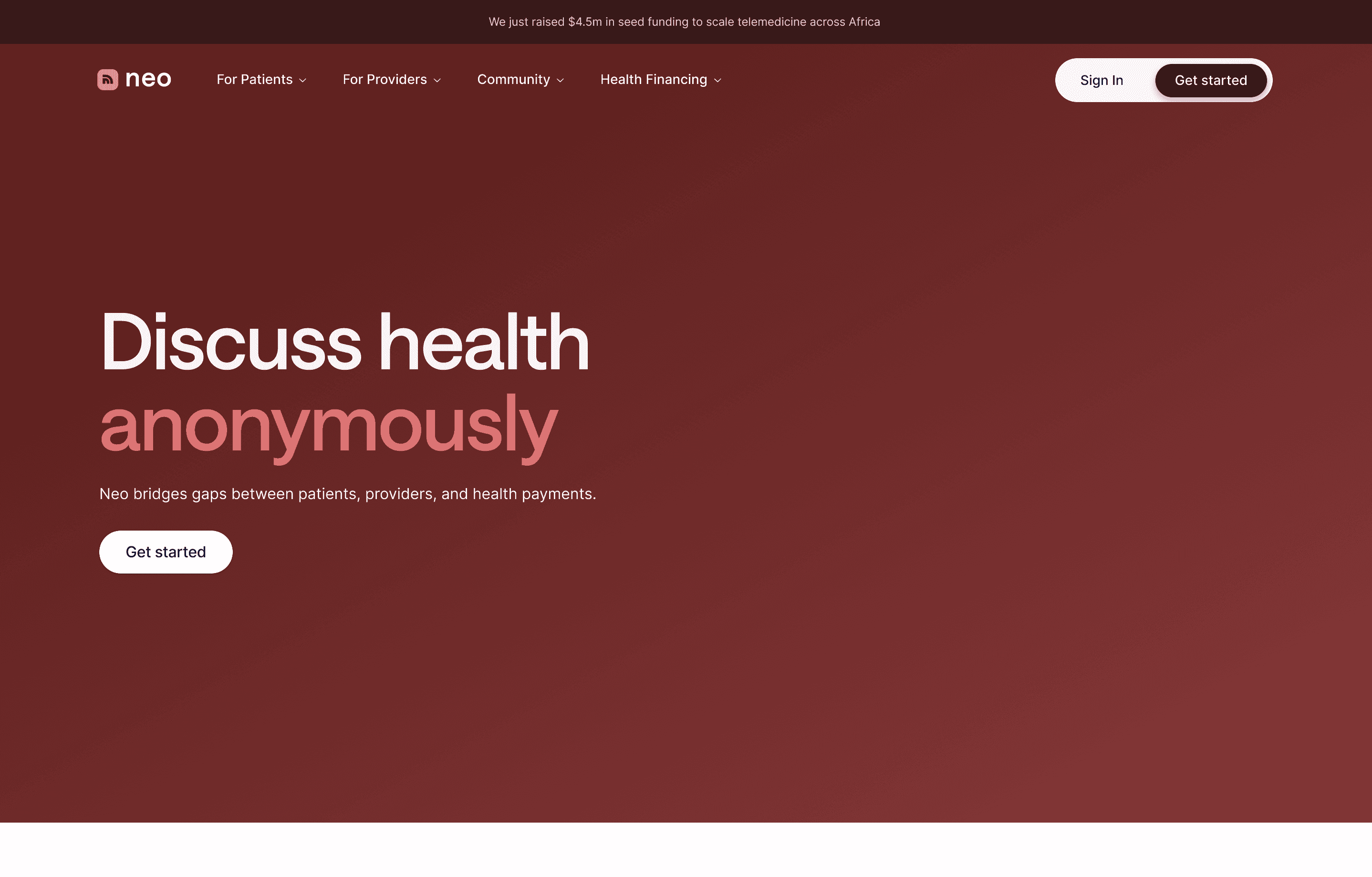
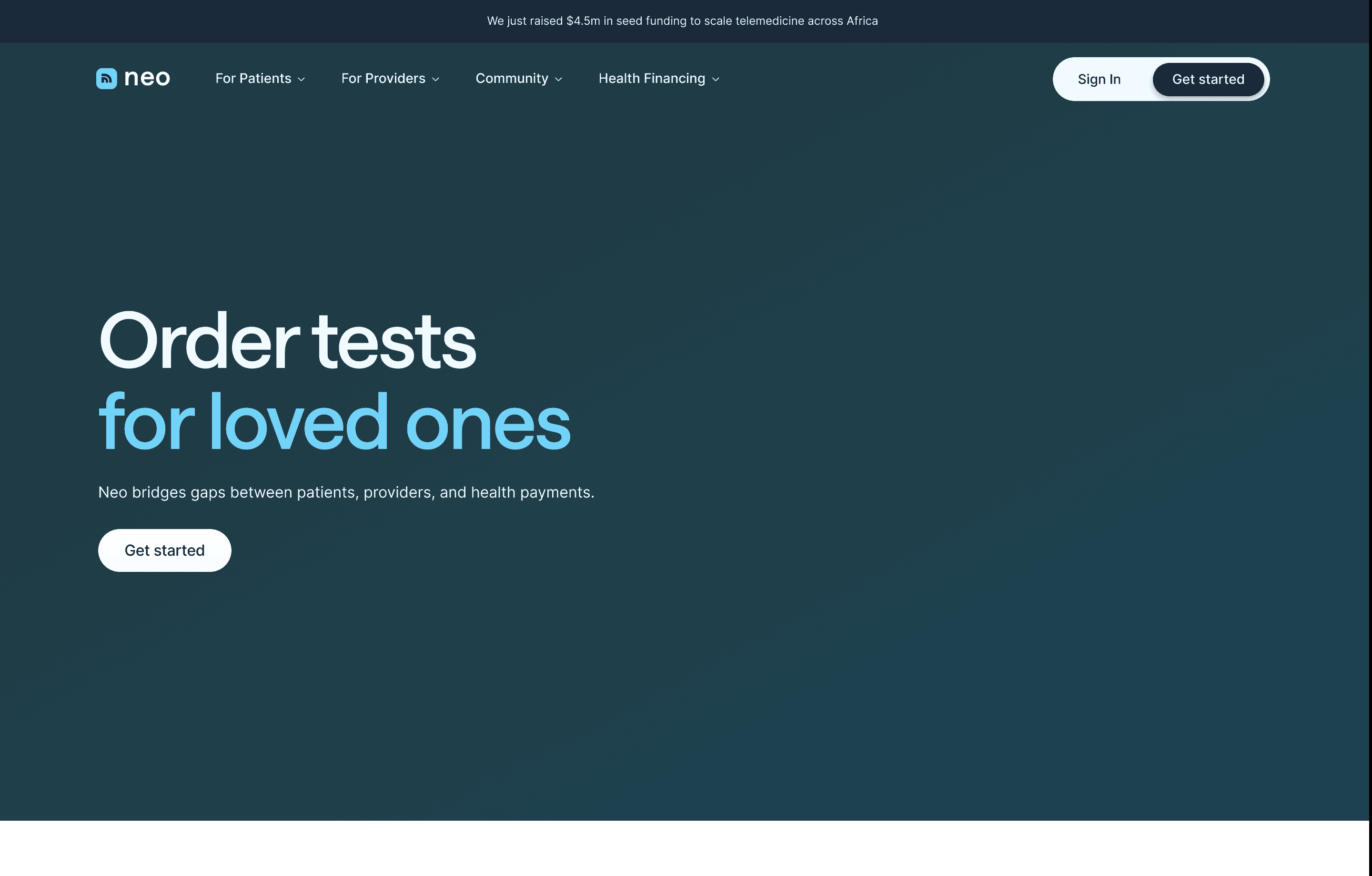
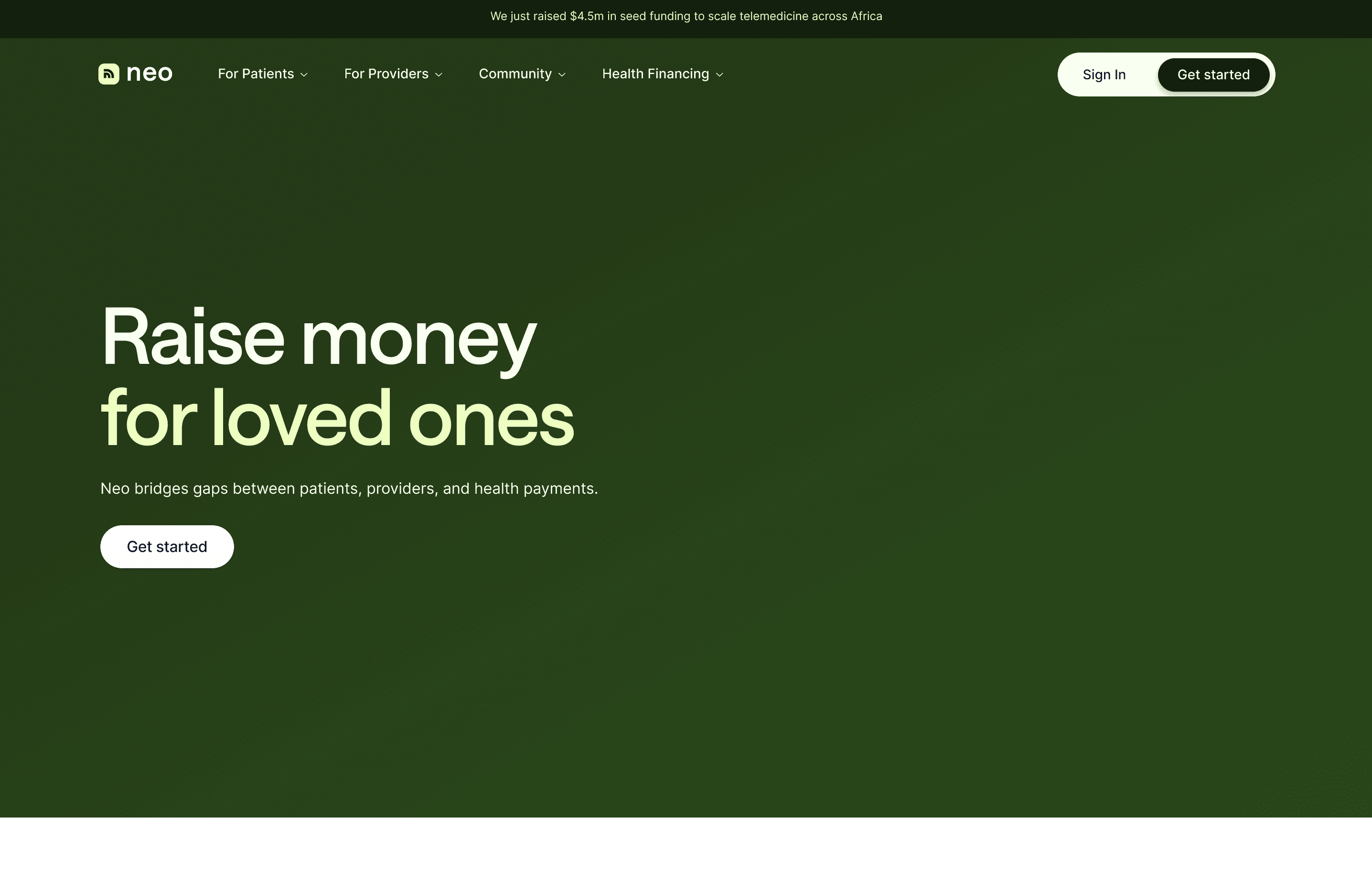

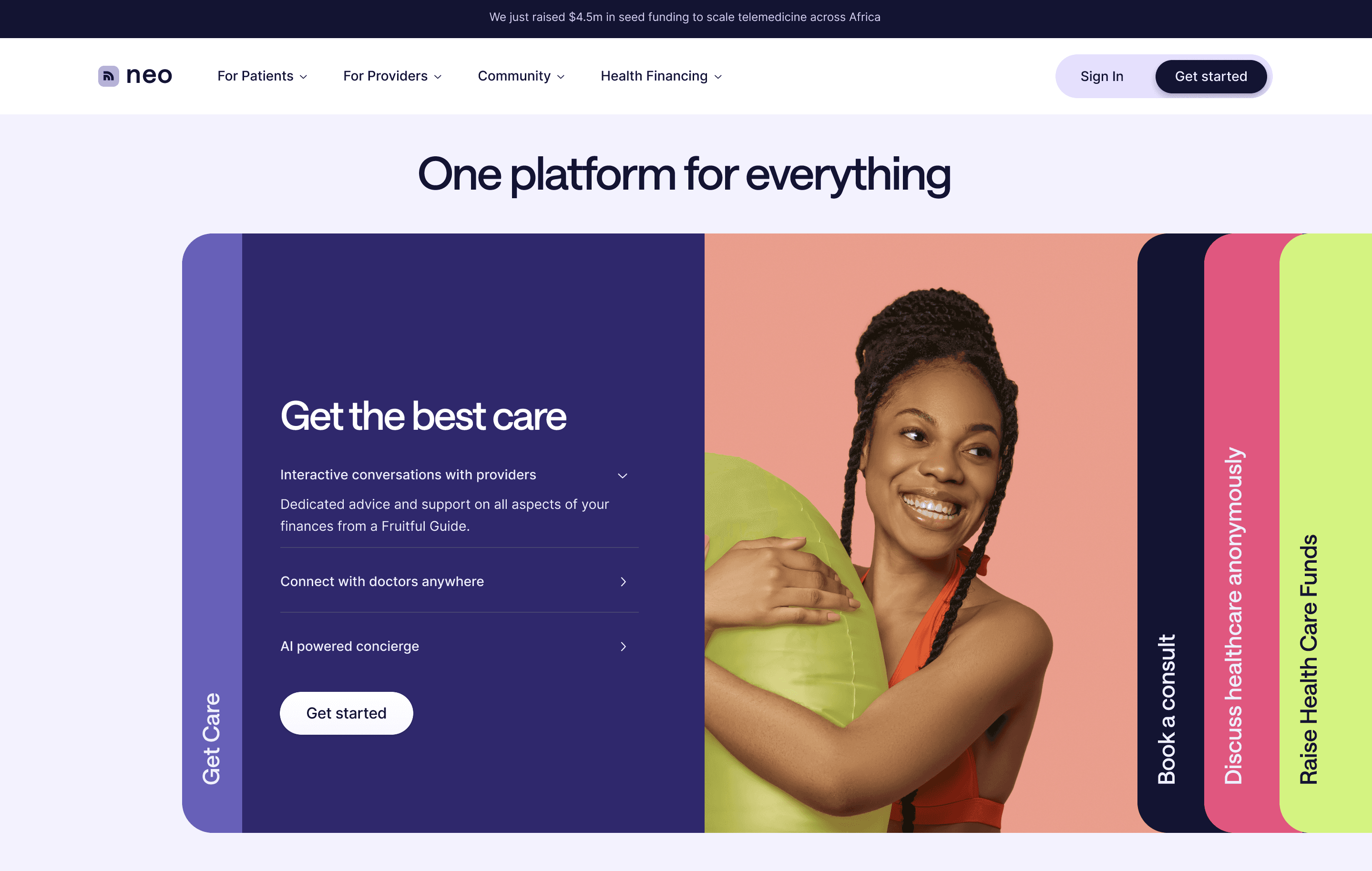
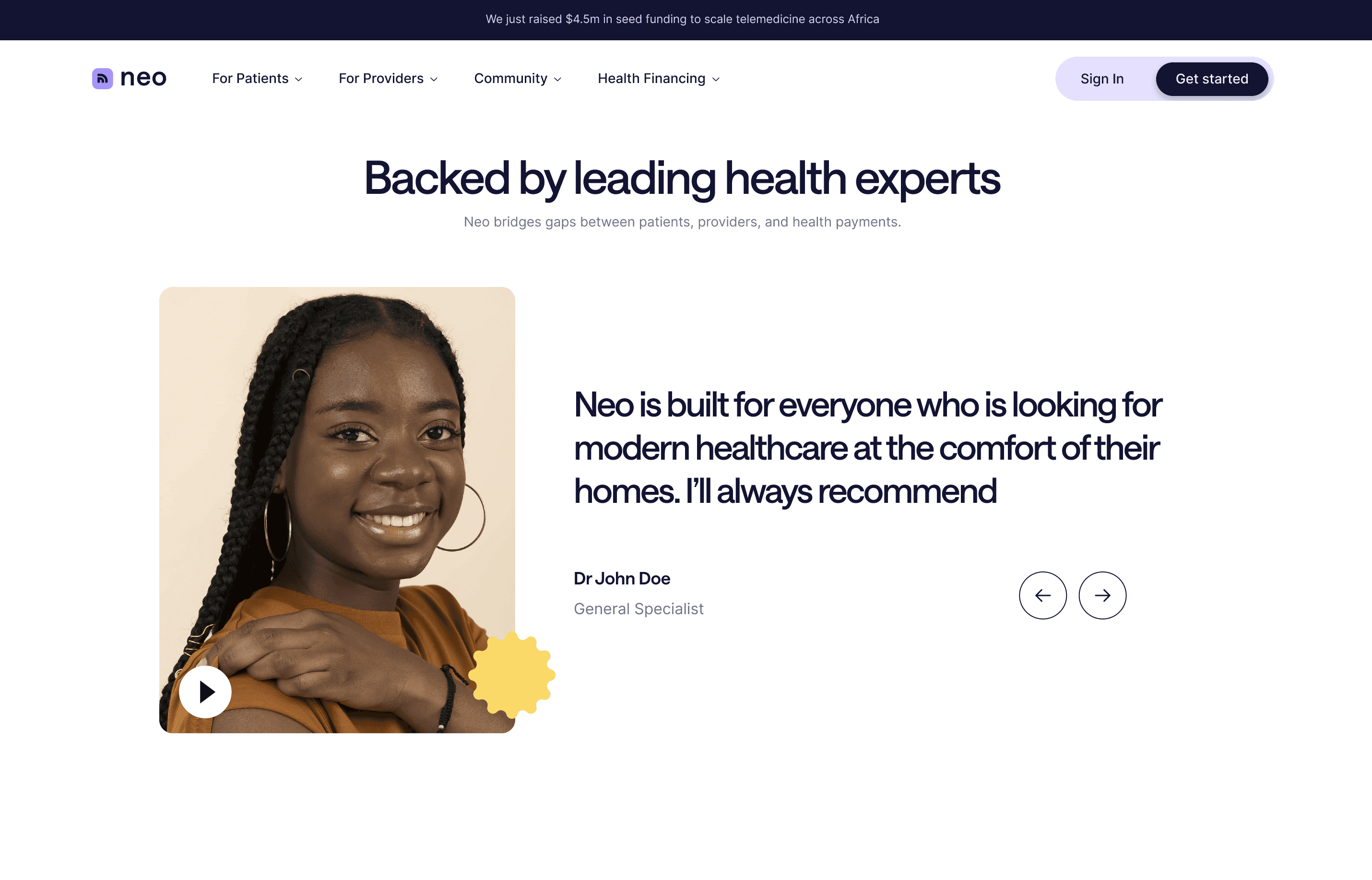
Research & Insights
In designing Neo Health, I combined insights from various existing platforms. I analyzed:
Traditional Healthcare Platforms (e.g., Doctoora, PatientsLikeMe, Helium Health)
To understand local market needs and user expectations for booking appointments and storing health data.Women’s Health Apps (e.g., Flo)
Observing how safe, user-friendly spaces can drive open discussion about sensitive issues, as well as how robust privacy features and health tracking cultivate trust and regular engagement.Fundraising Platforms (e.g., GoFundMe)
Studying how campaigns are structured, verified, and shared, and how transparency can drive trust and donor engagement.Telemedicine Solutions
Understanding compliance requirements, best practices for virtual consultations, and integrating video/voice calls directly into the platform experience.Super Apps (e.g., WeChat)
Learning how multiple services—messaging, payment, booking—could be tightly woven into a single user flow, keeping people engaged within the ecosystem.
These insights informed every element of Neo Health’s design, ensuring it was both comprehensive and user-friendly.
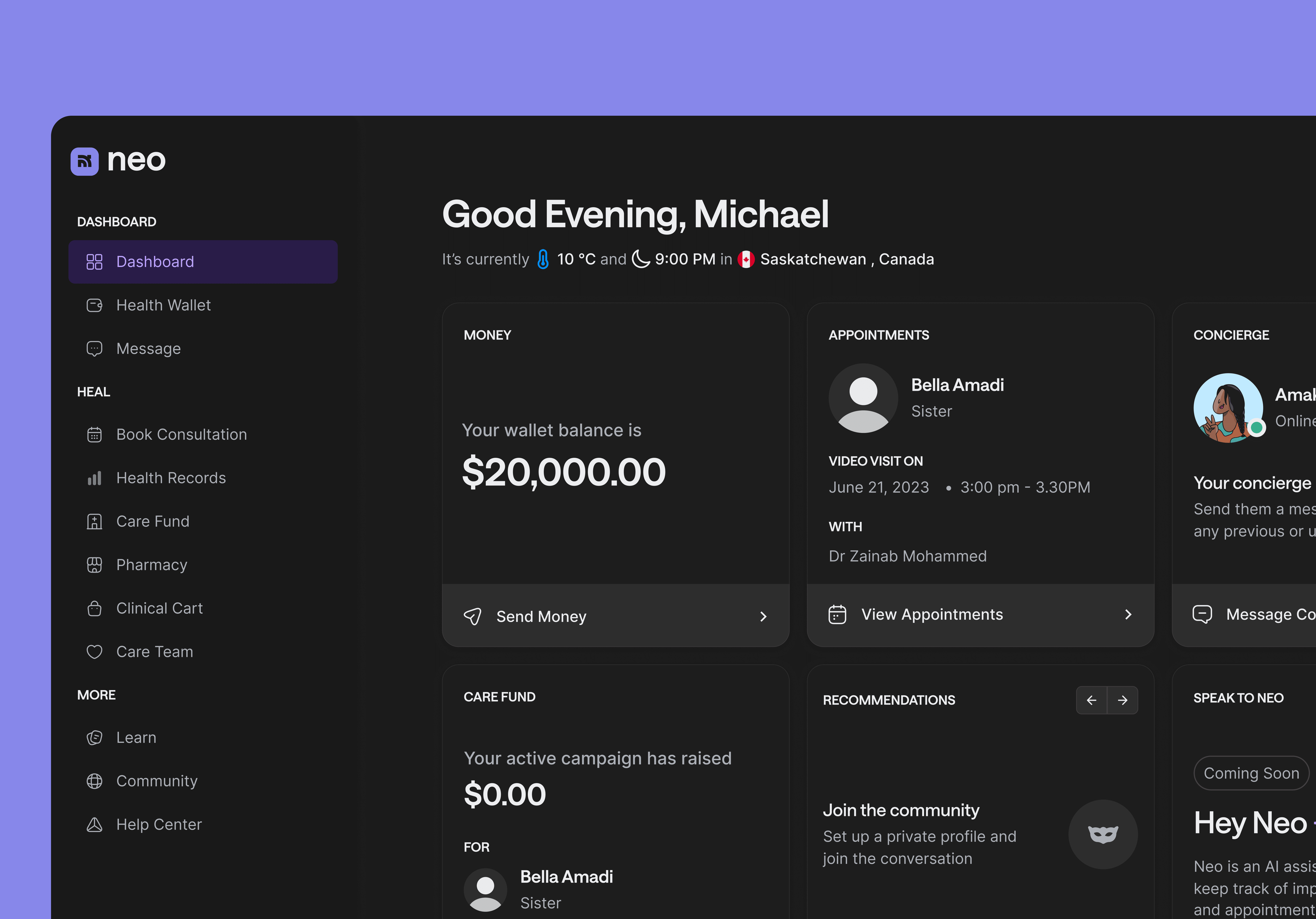
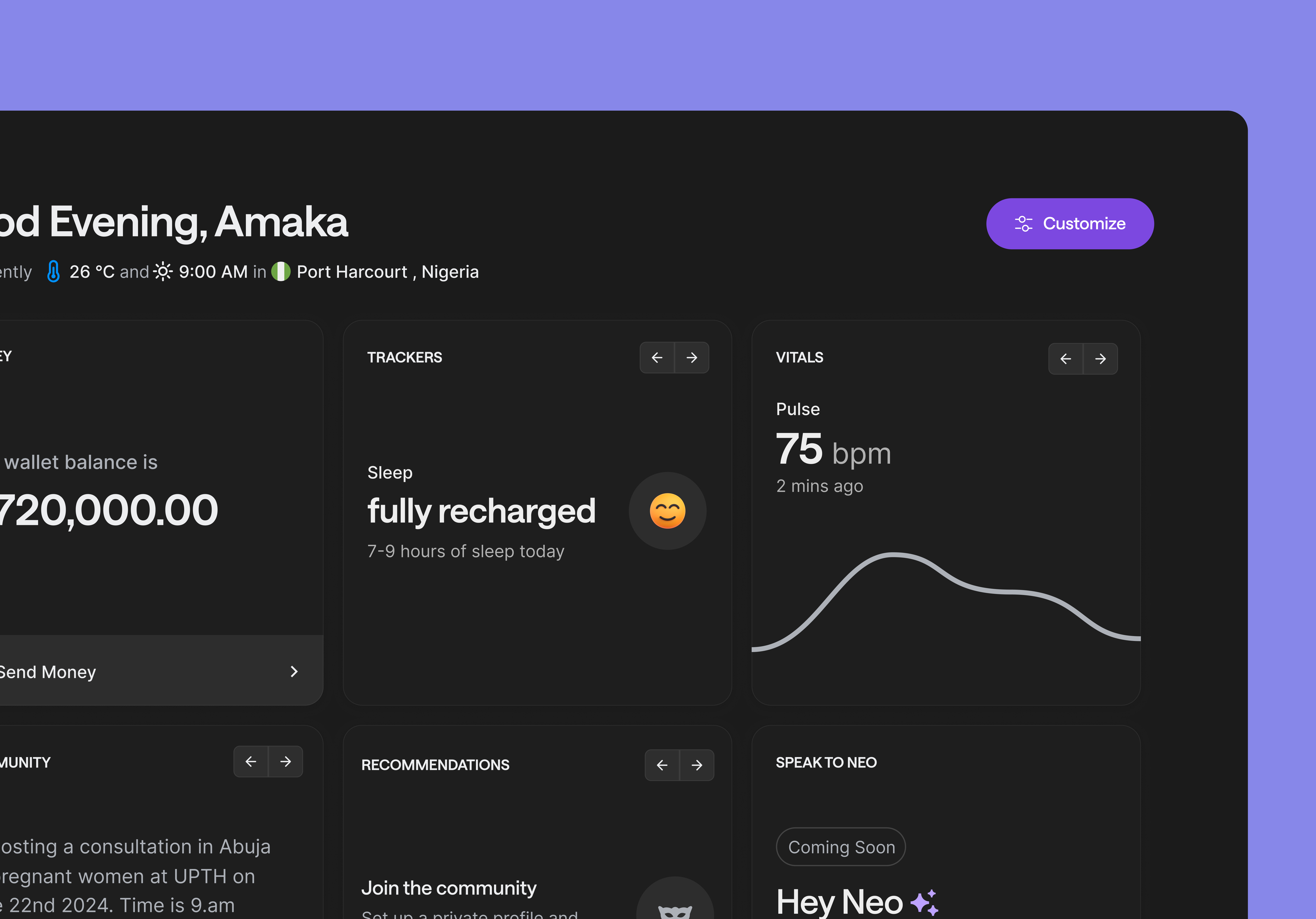
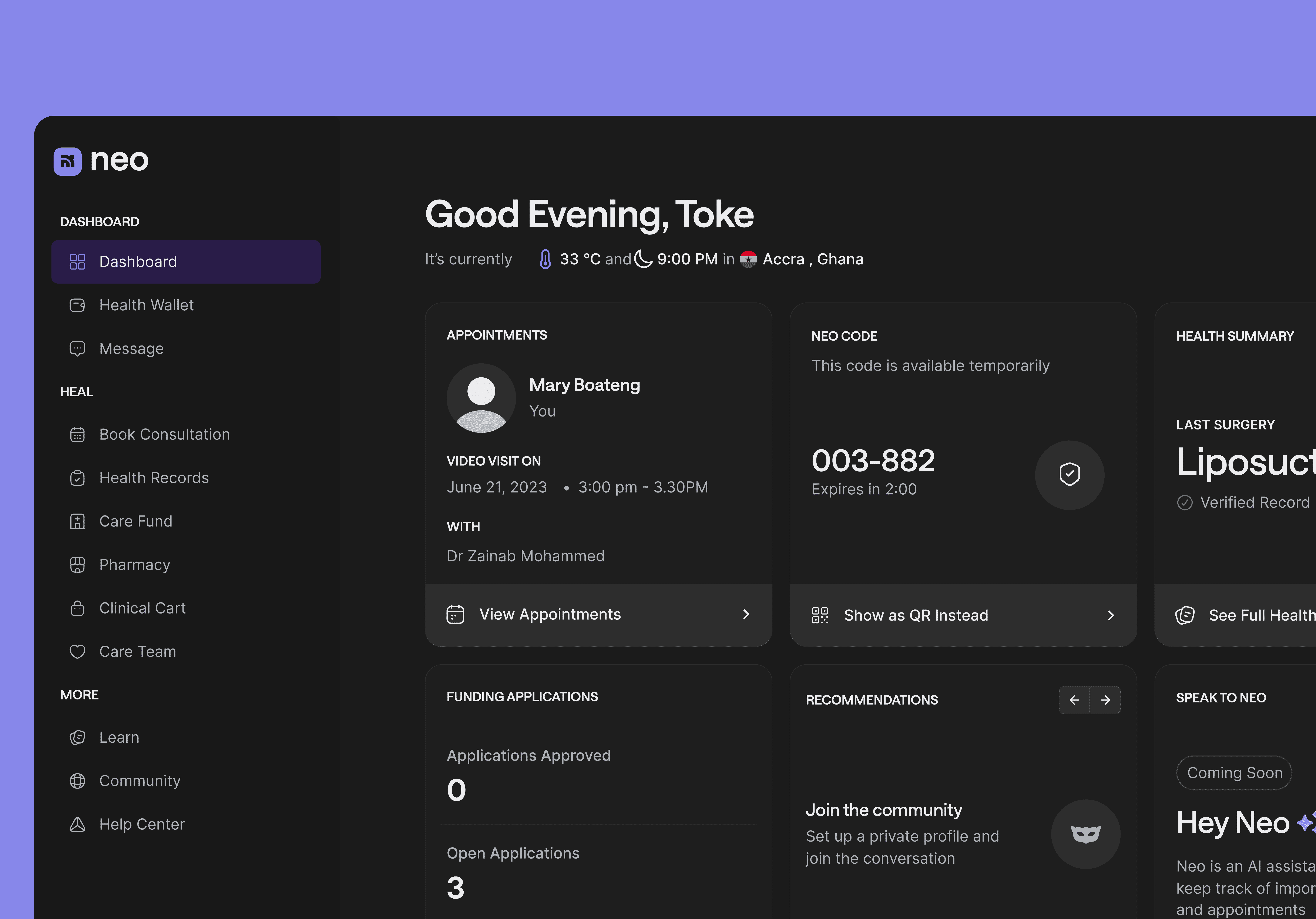
The Solution
Neo Health was envisioned as a one-stop platform that tackled each user pain point step by step. Below is a breakdown of the core features I designed, informed by research into user behavior and best practices from related industries.
1. Care Booking System
Simple Scheduling: Users can schedule home visits, virtual consultations, physical appointments, and checkups using an intuitive calendar interface.
Local Healthcare Integration: Partnerships with hospitals and clinics allowed real-time updates on appointment availability.
Emergency Booking Options: Users could secure emergency transport services at a moment’s notice, potentially reducing life-threatening delays.
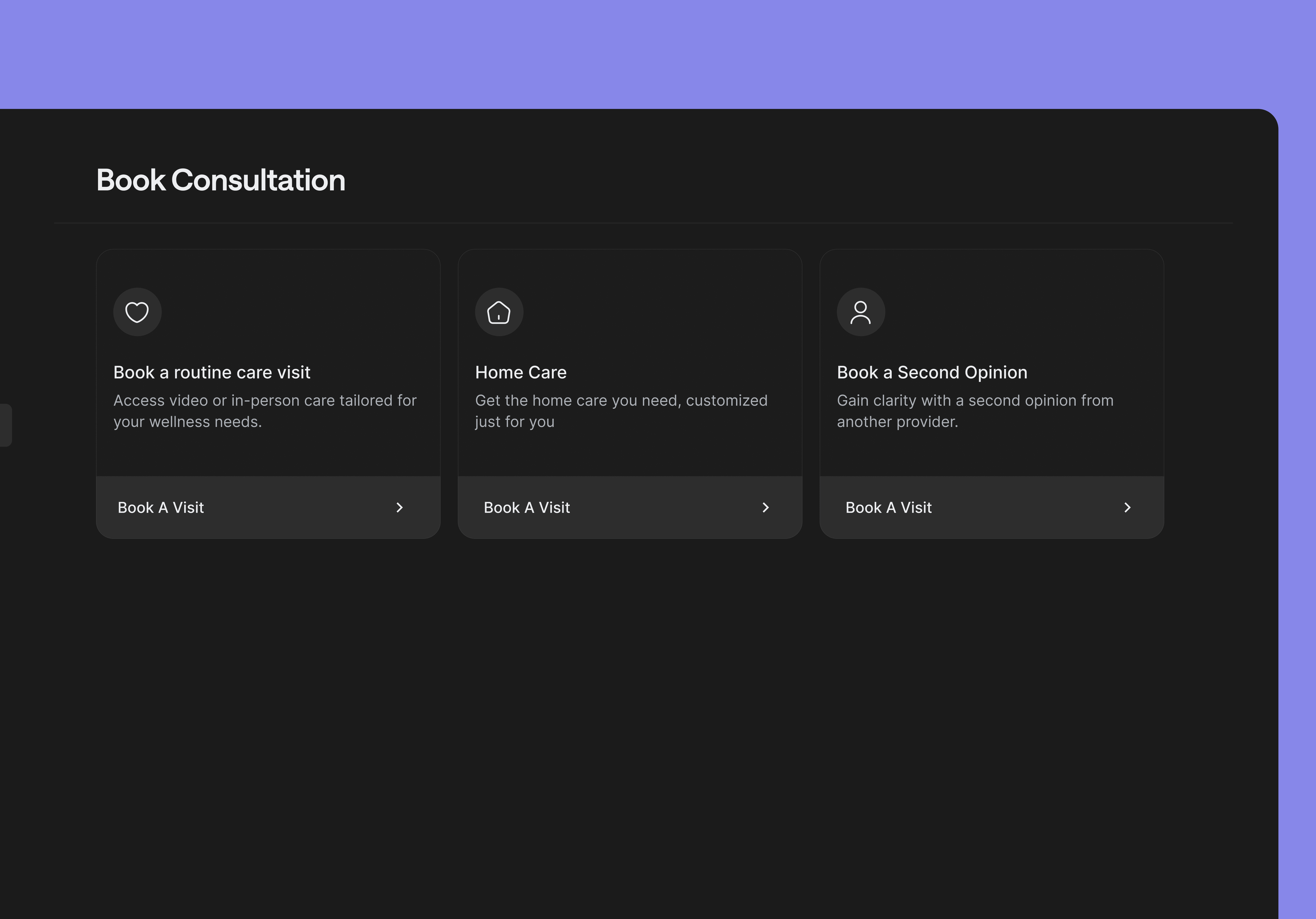

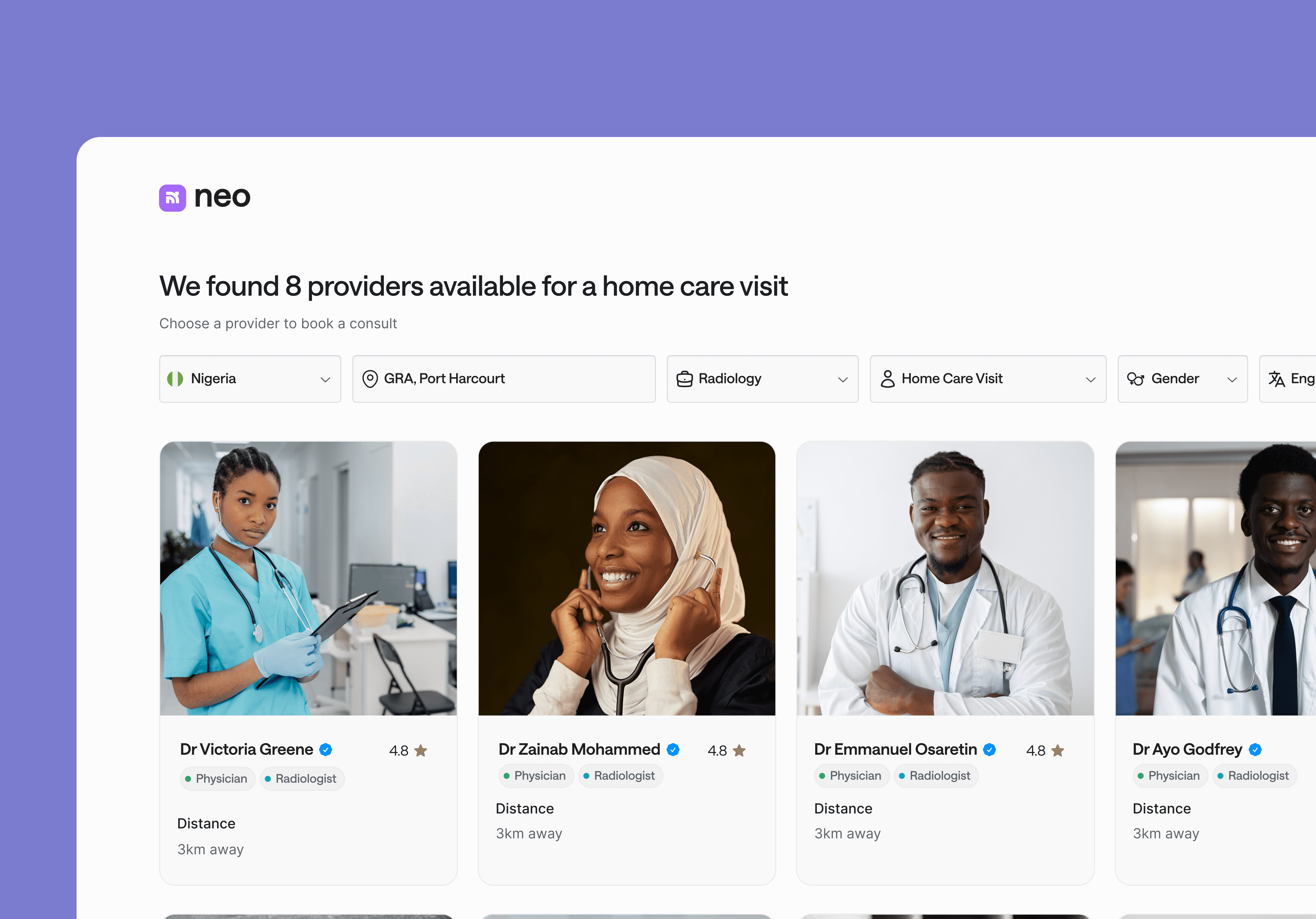
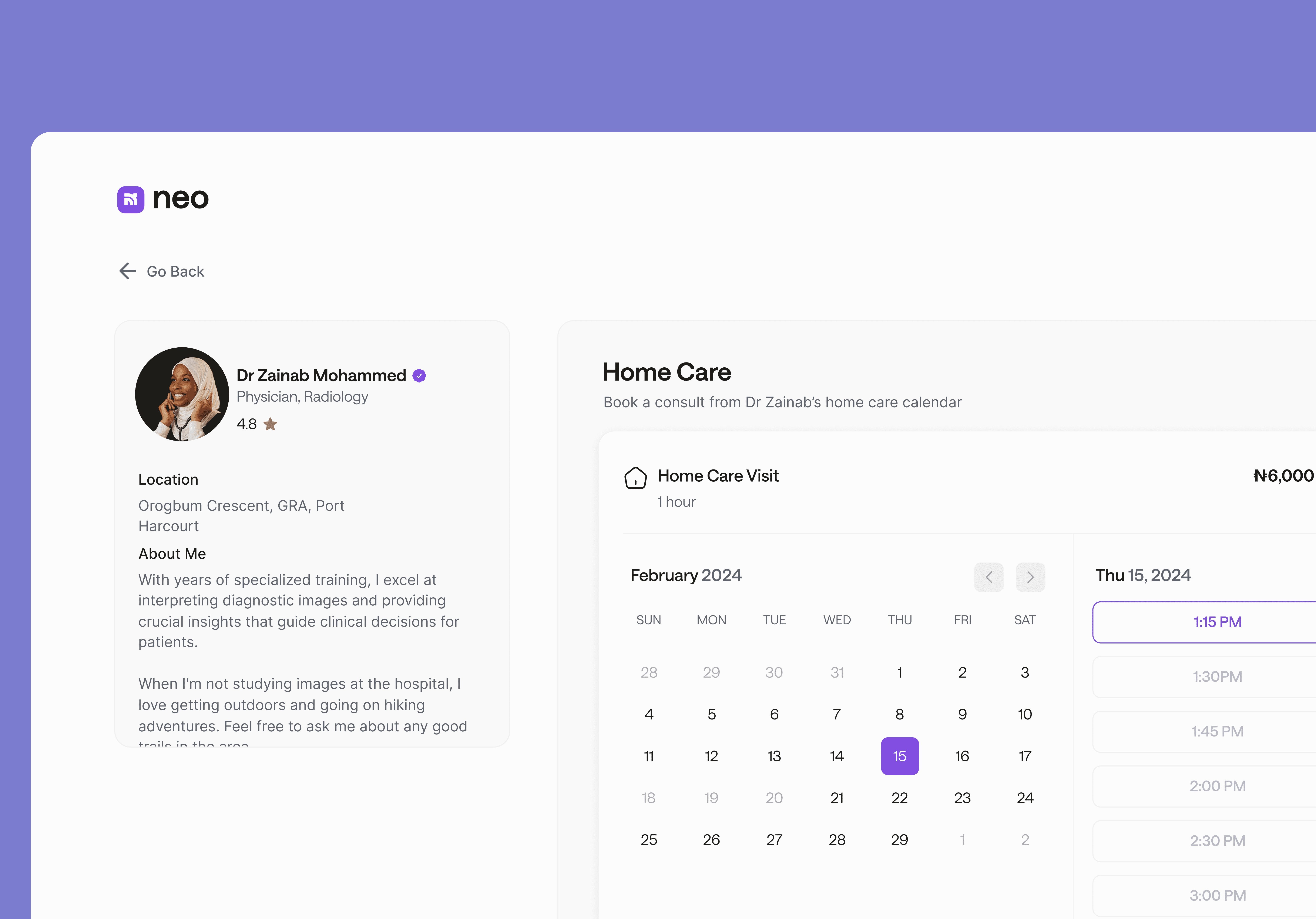
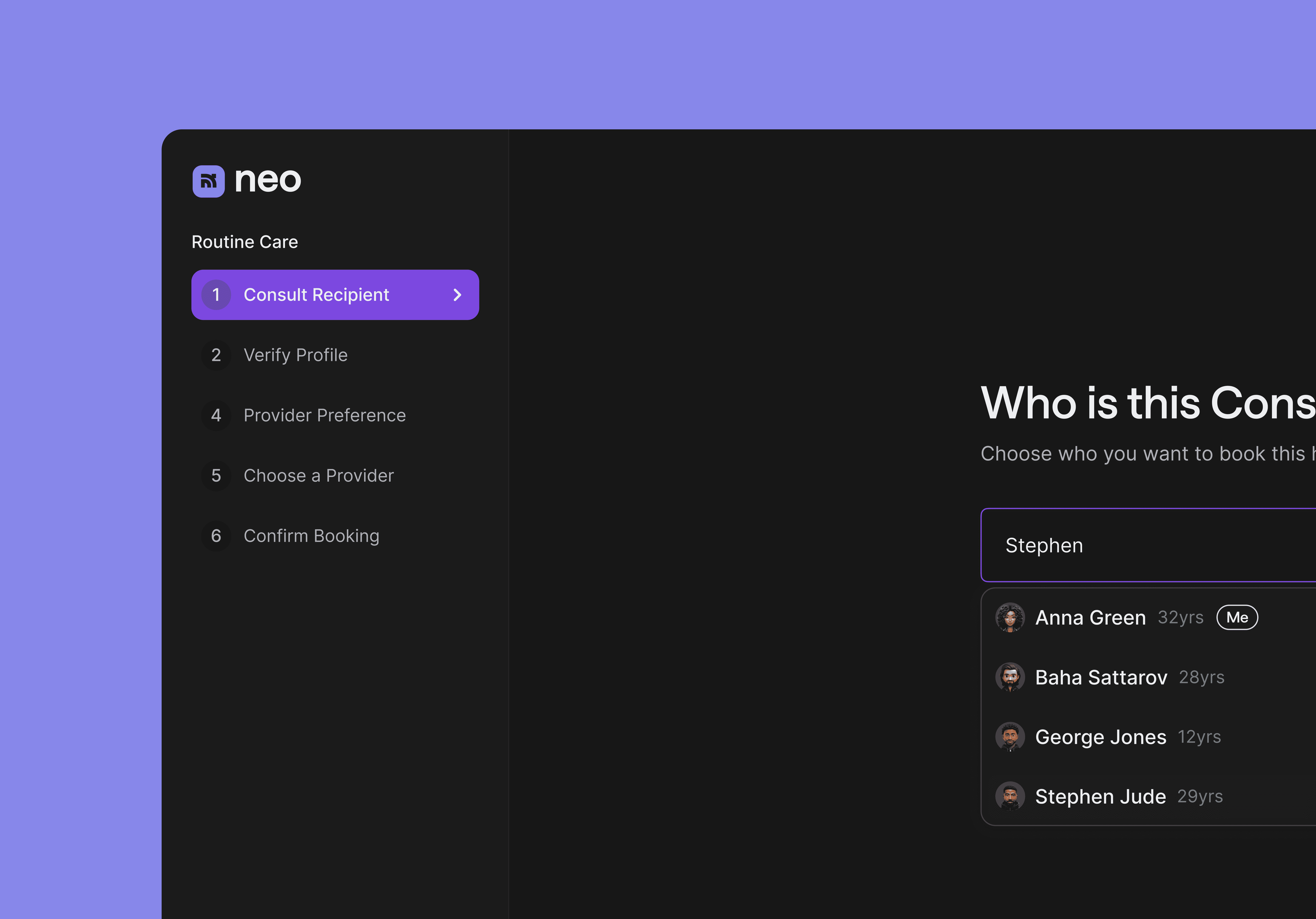

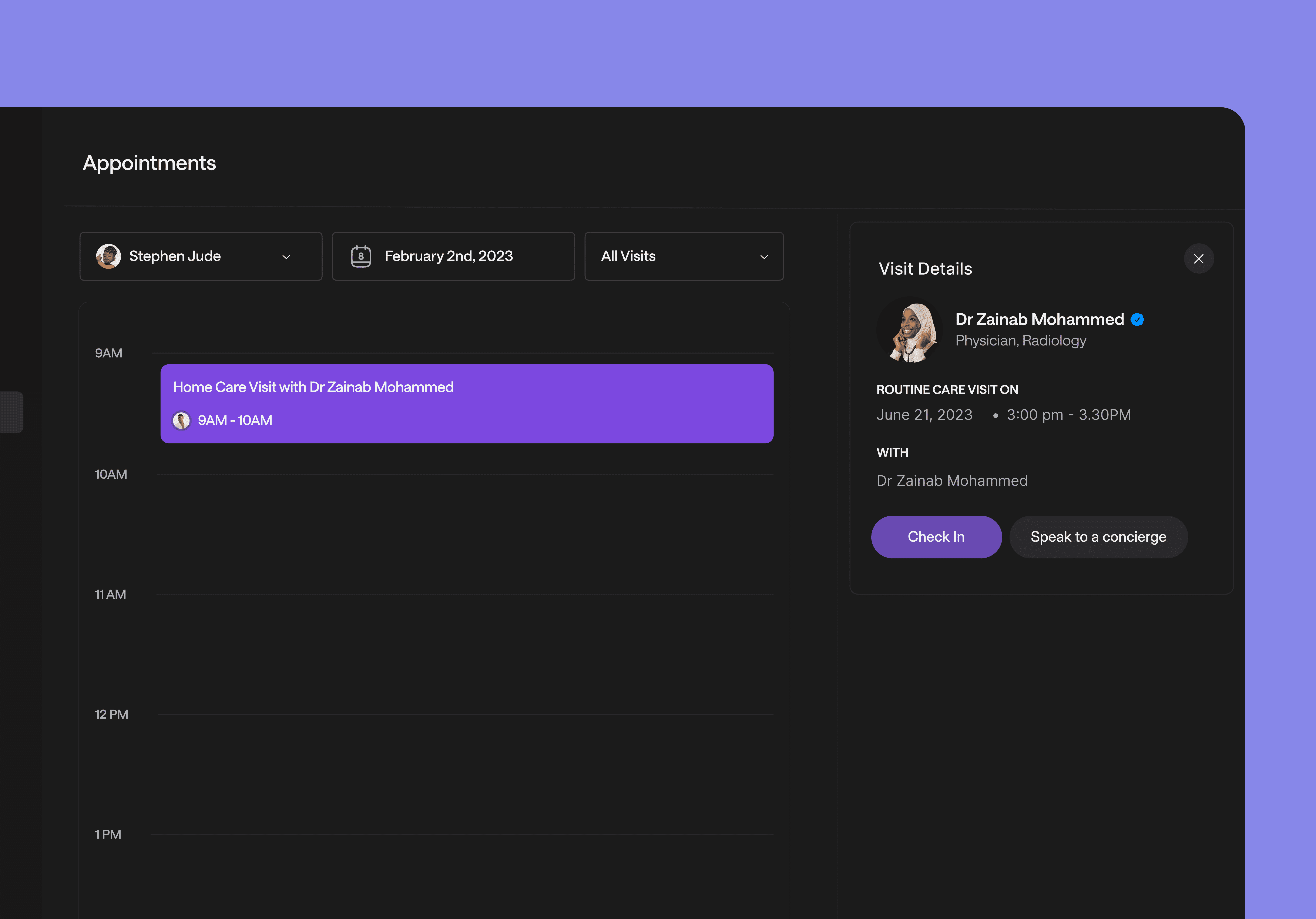
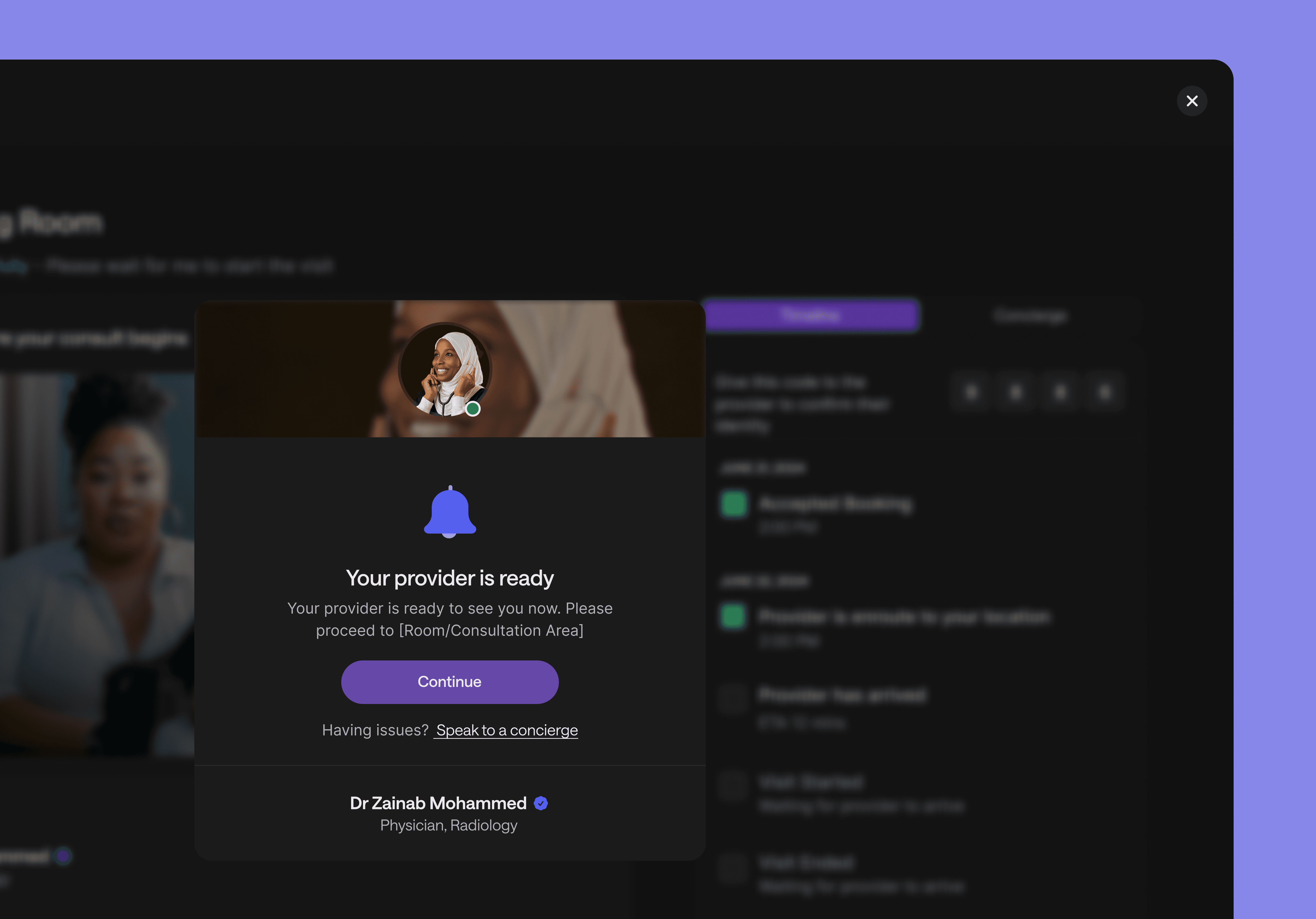
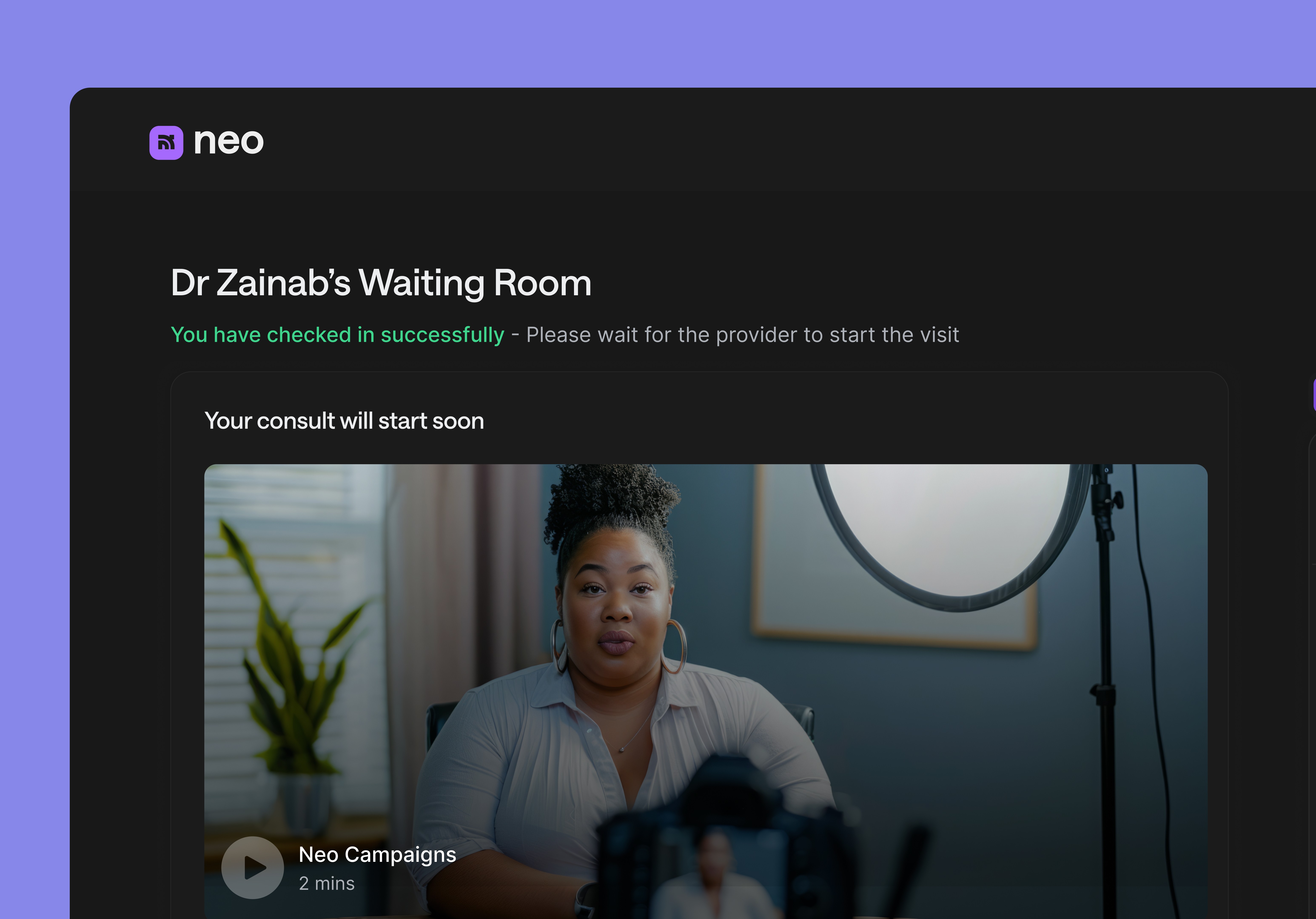
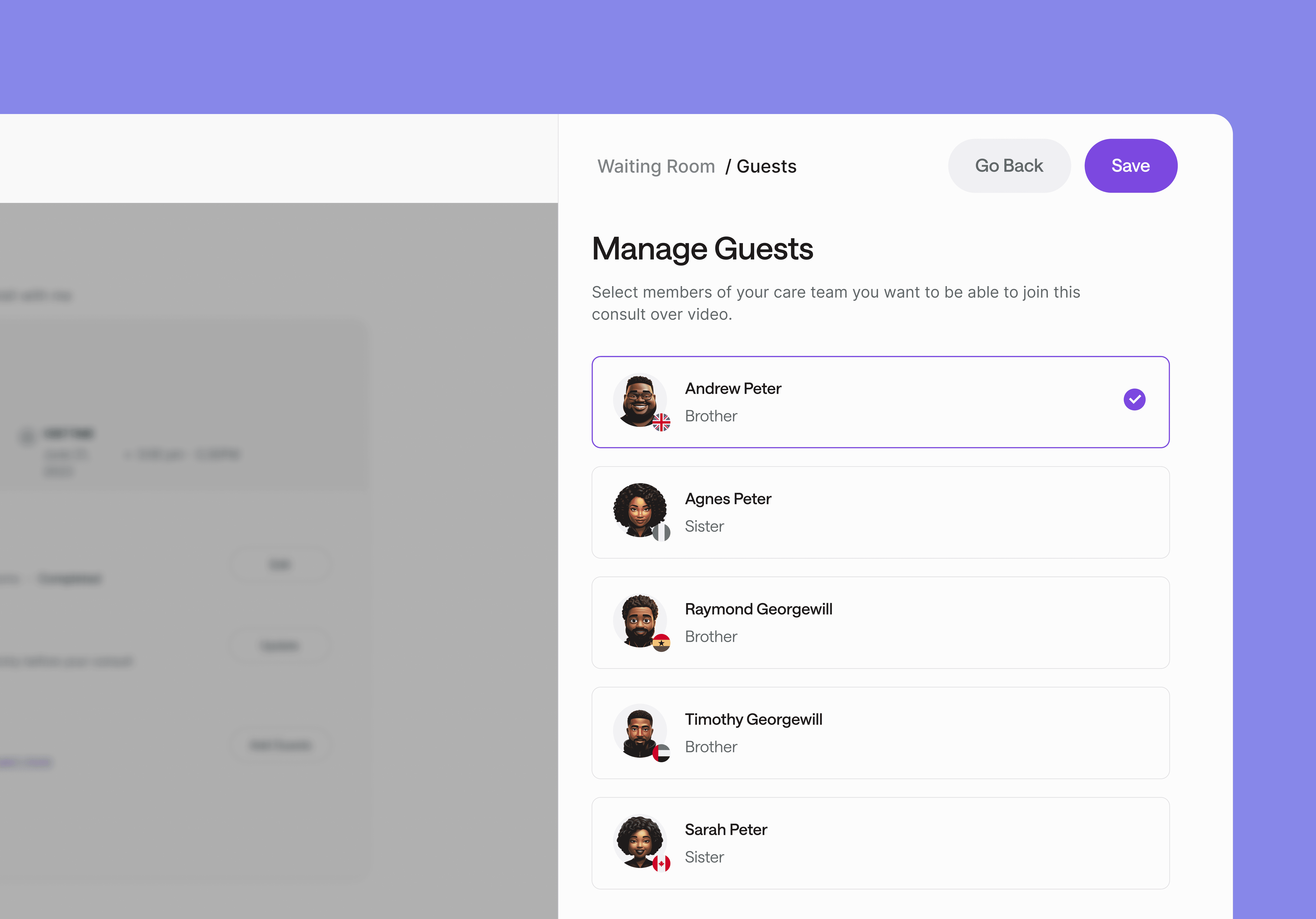
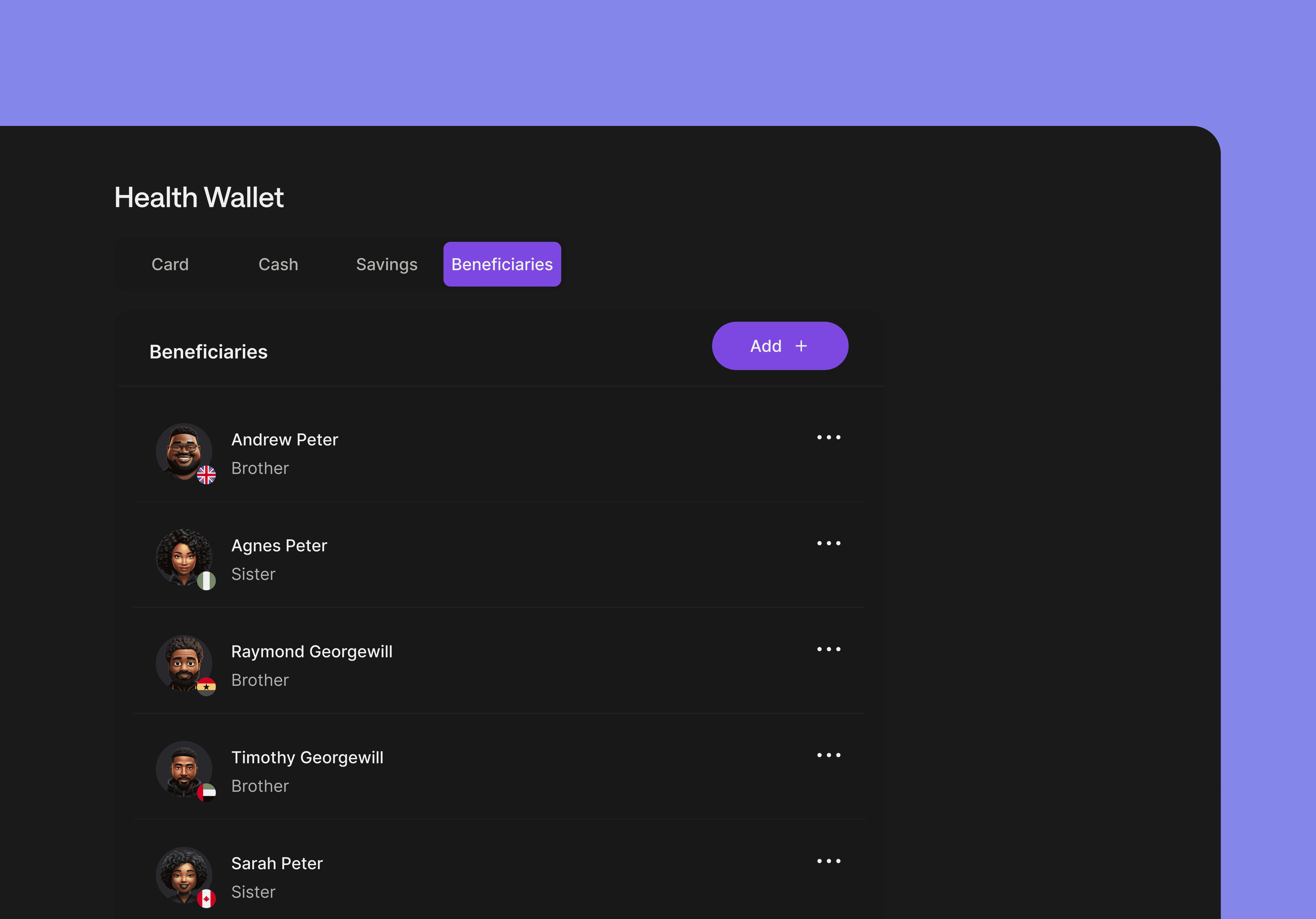
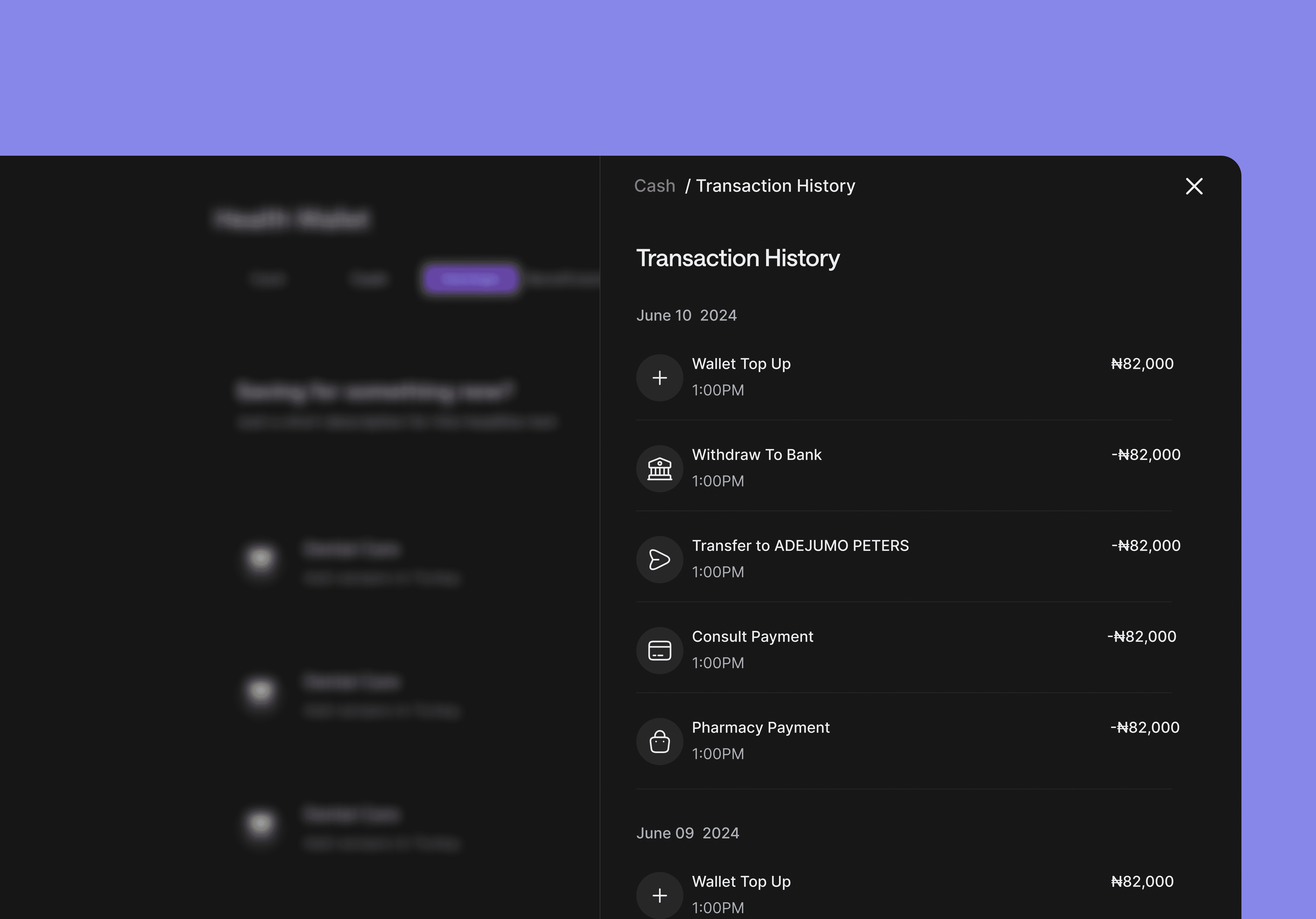
2. Provider Network
Verified Profiles: Every healthcare provider goes through a credential-check and background verification process.
Transparent Ratings & Reviews: Patients leave feedback that fosters a trust-based community and keeps quality care consistent.
Interactive Communication Tools: Live Q&A or livestreams hosted by doctors, enabling community health education on common concerns.
Efficient Schedule Management: Tools for providers to manage their availability and automate patient appointment reminders.

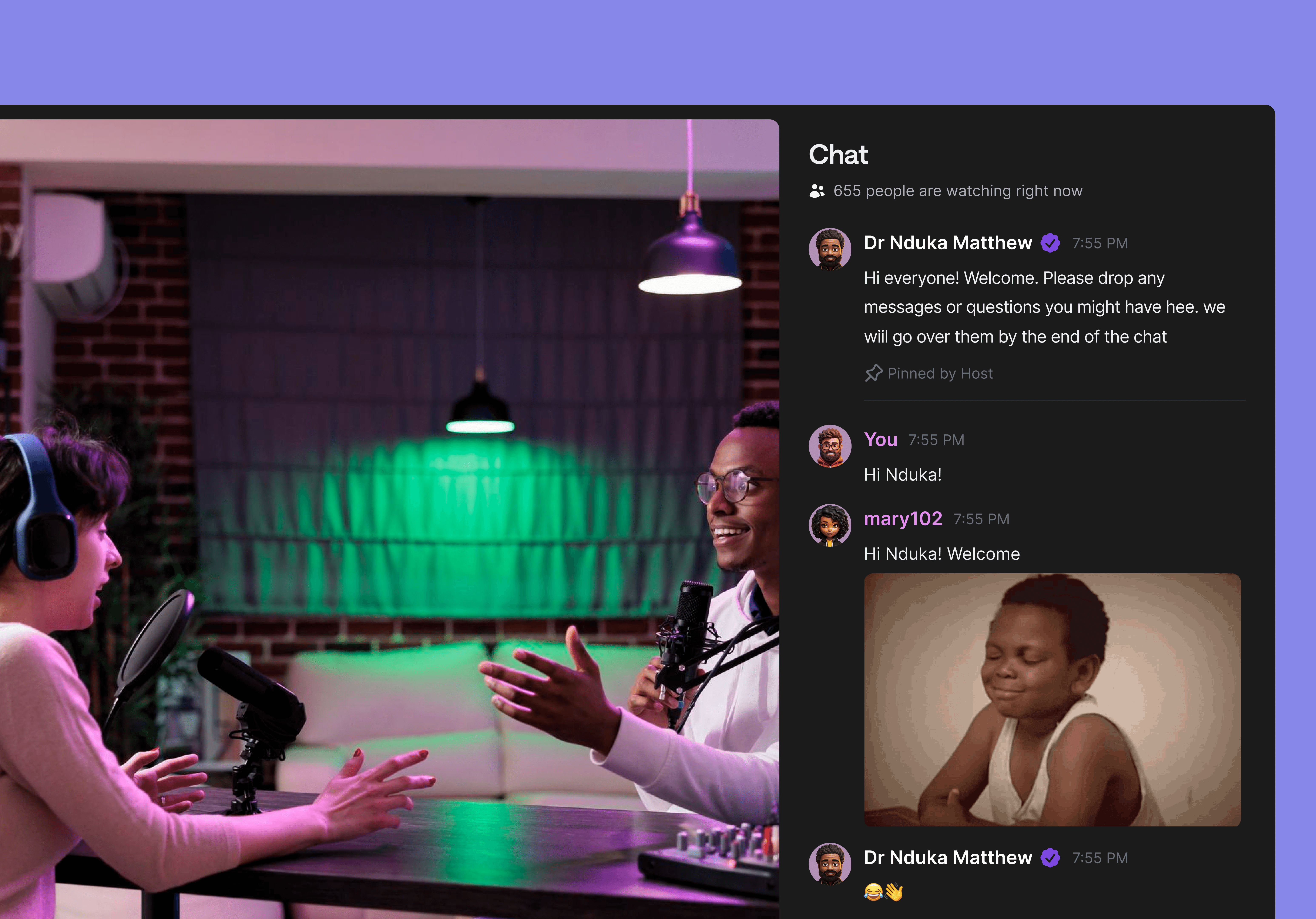



3. Community Platform
Anonymous Posting: Encourages members to ask sensitive health questions without revealing their identity, especially in communities where health-related stigma is strong.
Expert-Verified Answers: Provider tags ensure that responses from licensed professionals stand out amid crowd-sourced suggestions.
Support Groups: Dedicated forums for chronic conditions, mental health discussions, and more, providing moral and educational support.
Live Sessions: Real-time webinars or AMA (Ask Me Anything) events hosted by health experts on trending topics (e.g., maternal health, mental wellness).
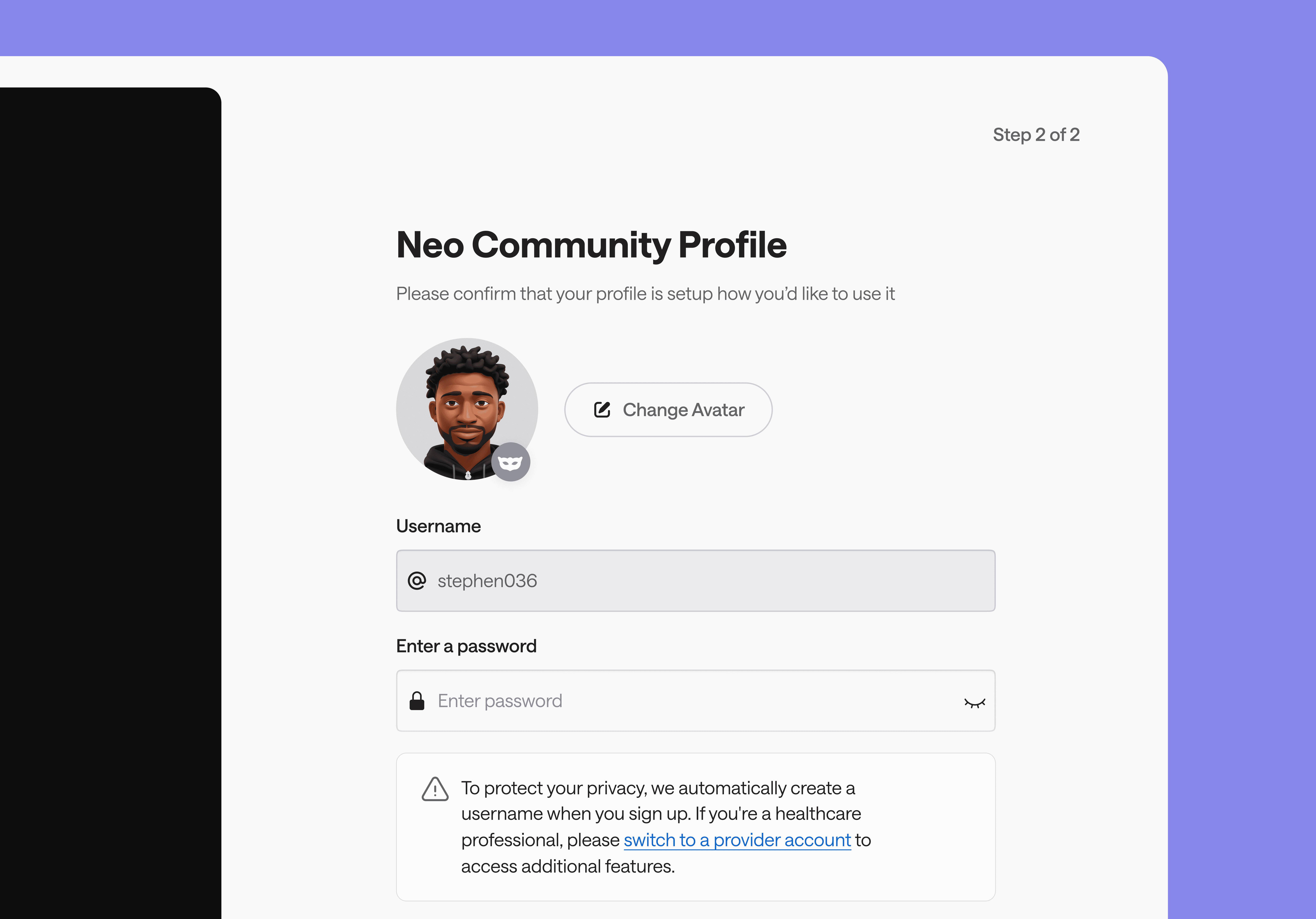
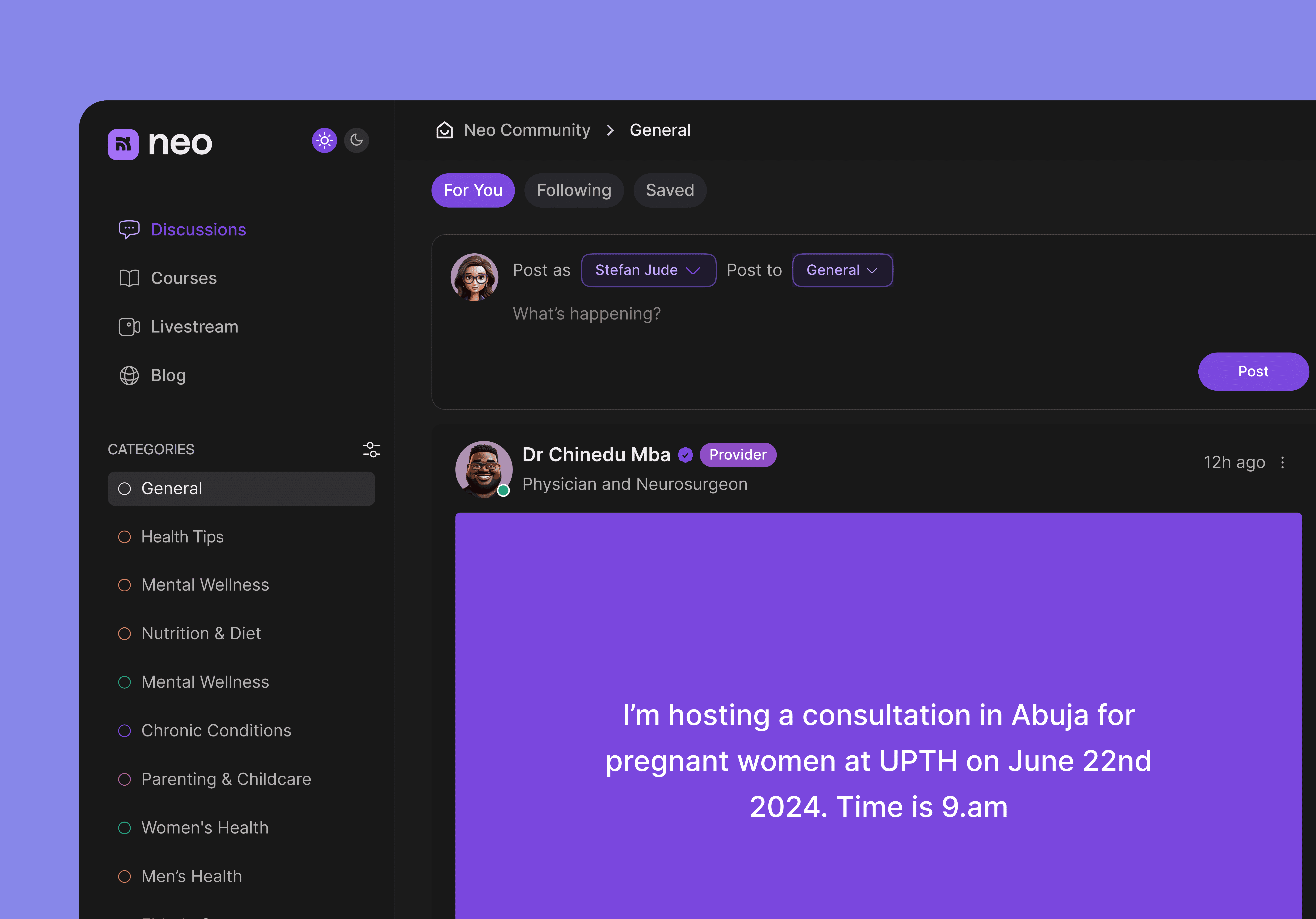

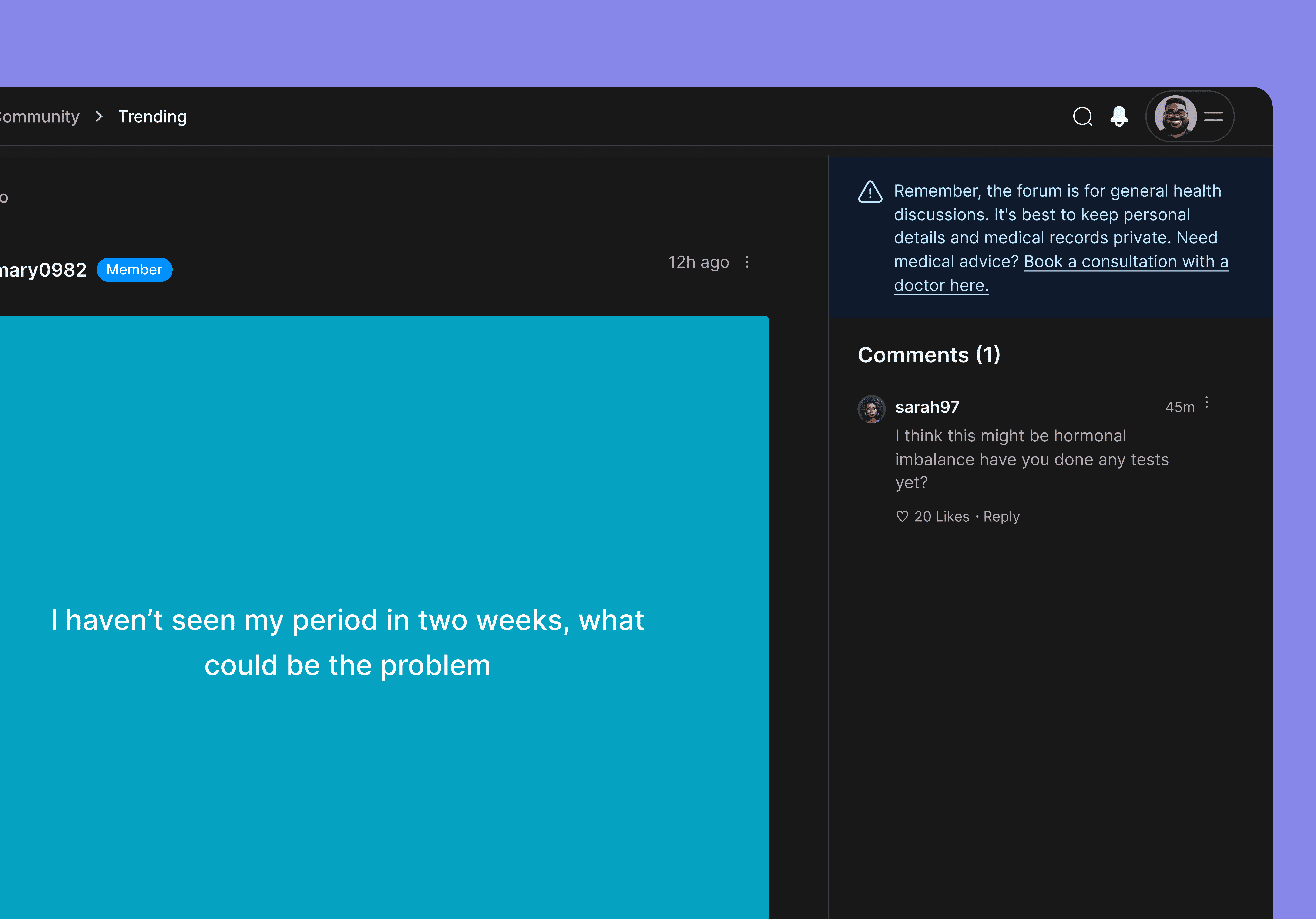

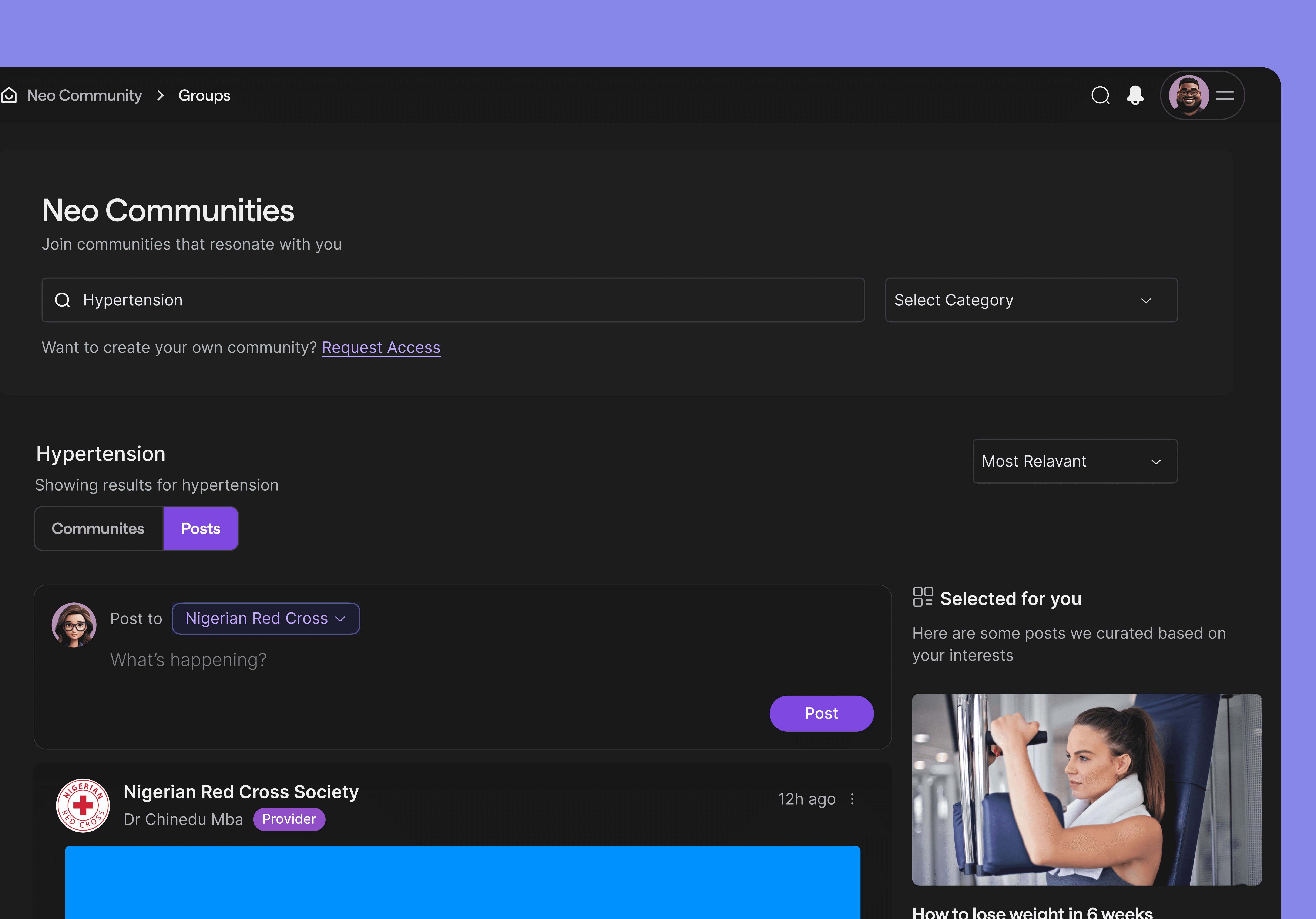
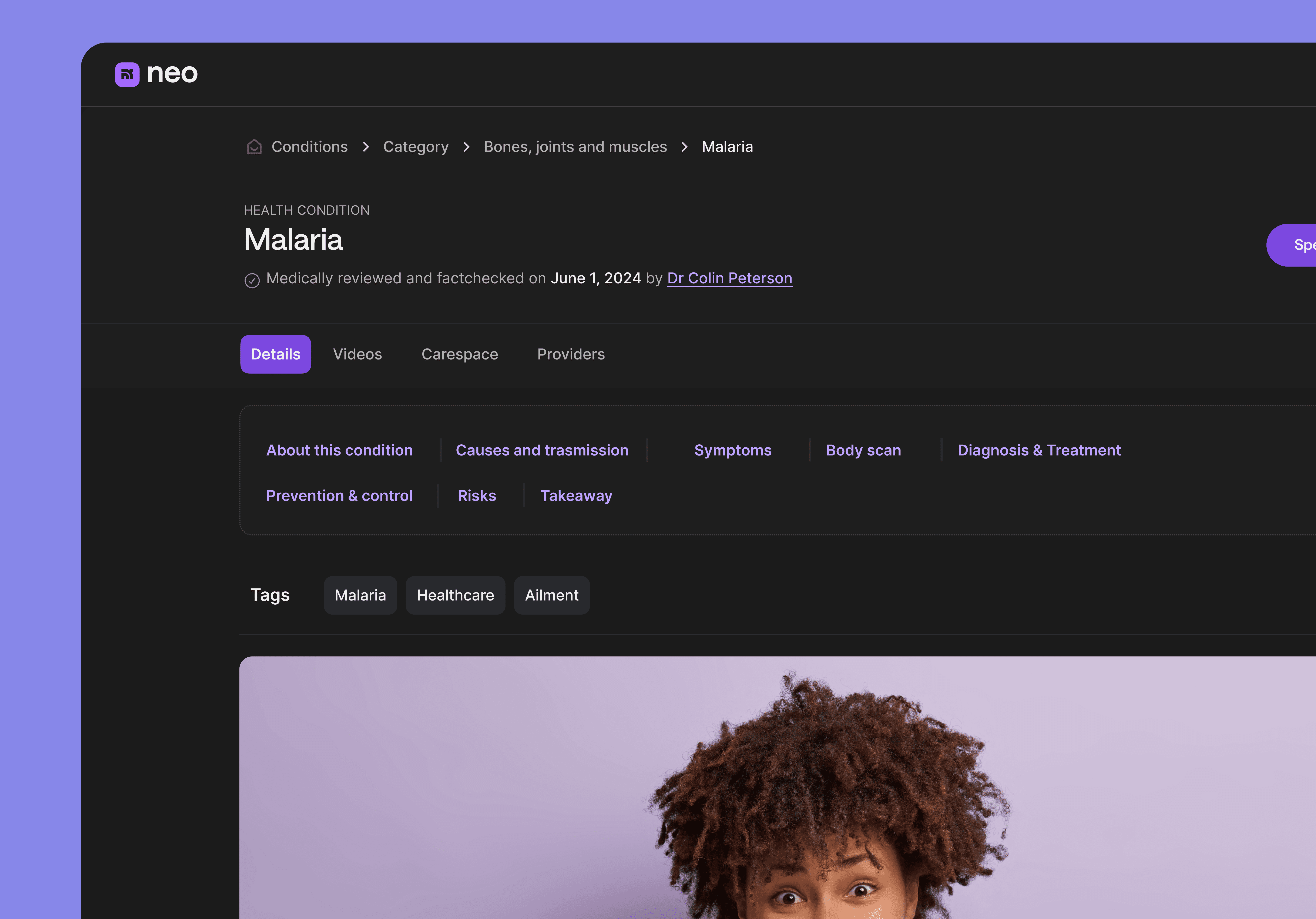
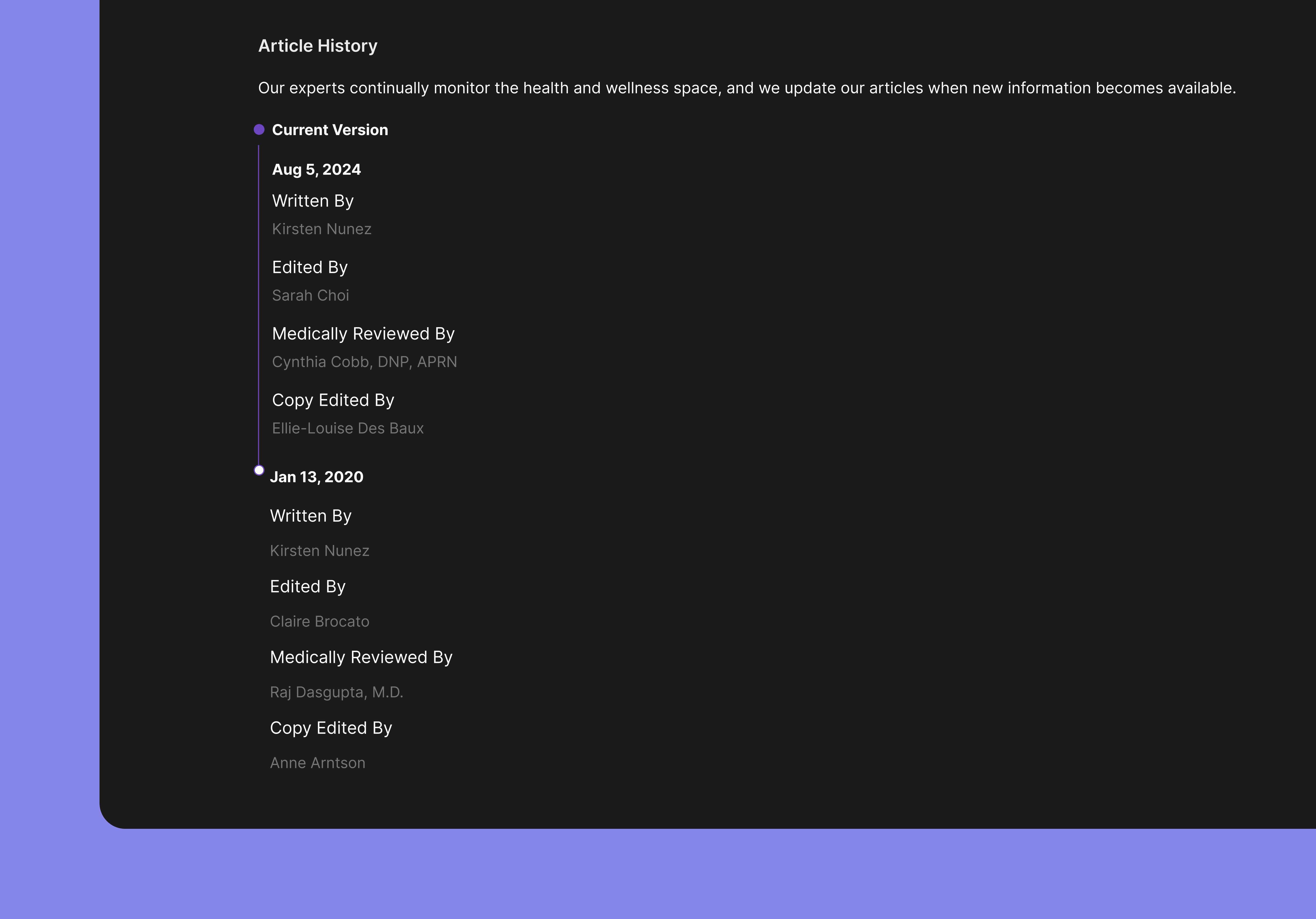
4. Health Records System
Cross-Border Accessibility: Digital records can be accessed from anywhere, ensuring diaspora families have full visibility into their relatives’ care history.
Easy Sharing: With user permission, providers can instantly view relevant files—lab results, prescriptions, diagnoses—leading to more accurate consultations.
Medication Tracking & Refill Reminders: Helps patients adhere to treatment plans, improving outcomes for chronic illnesses.
Appointment History & Test Results: All past medical encounters are documented, creating a longitudinal health record crucial for consistent care.
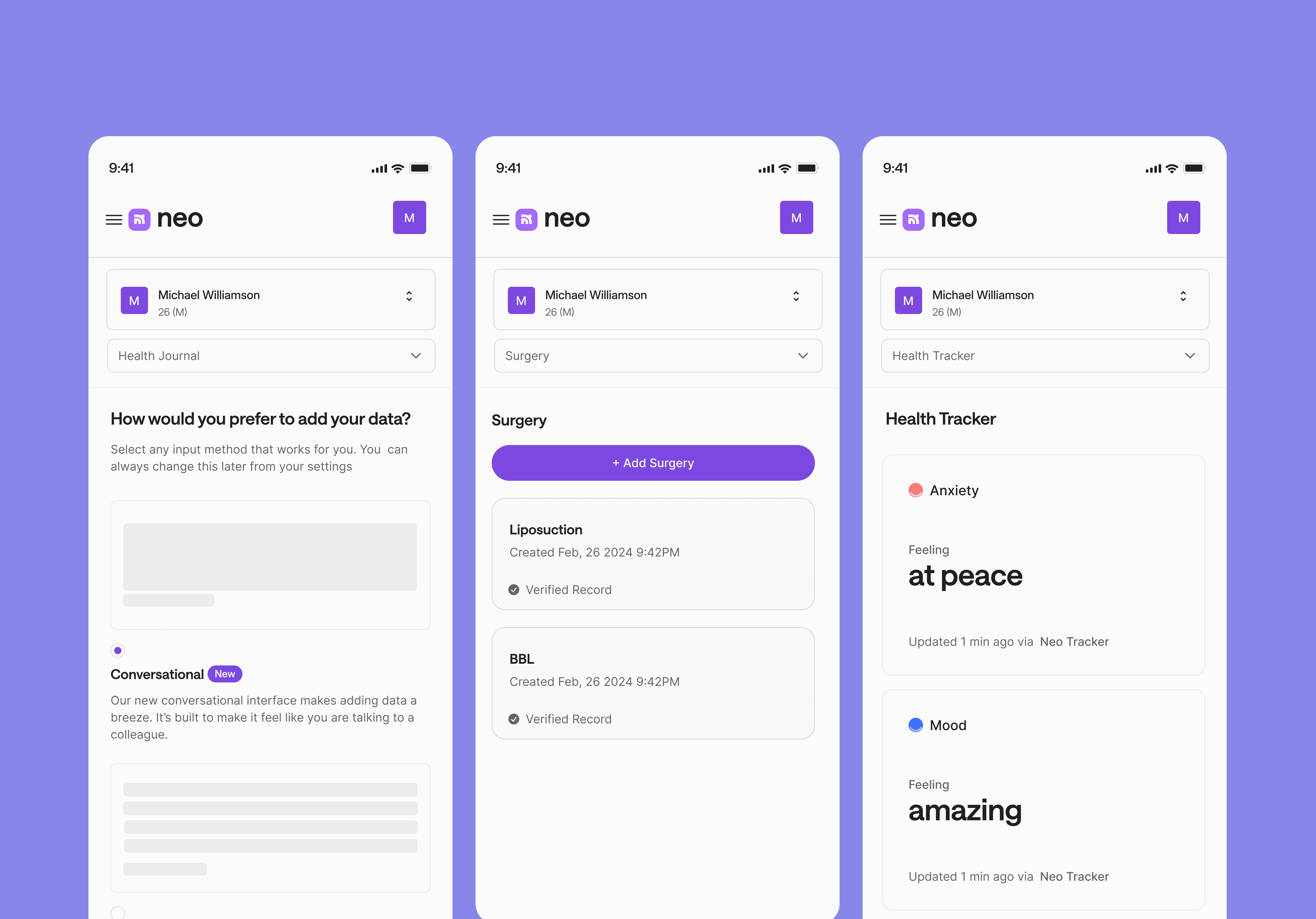
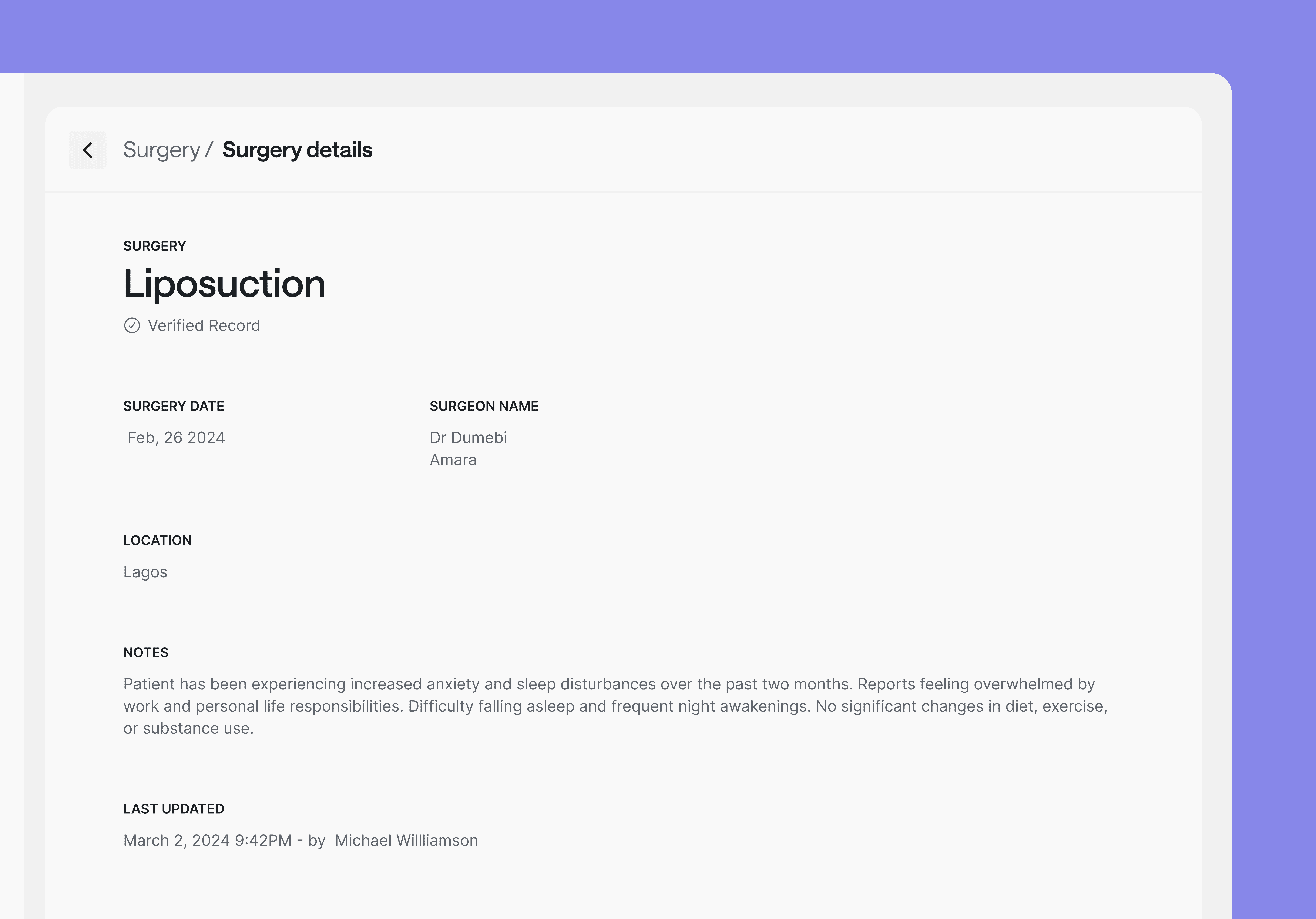
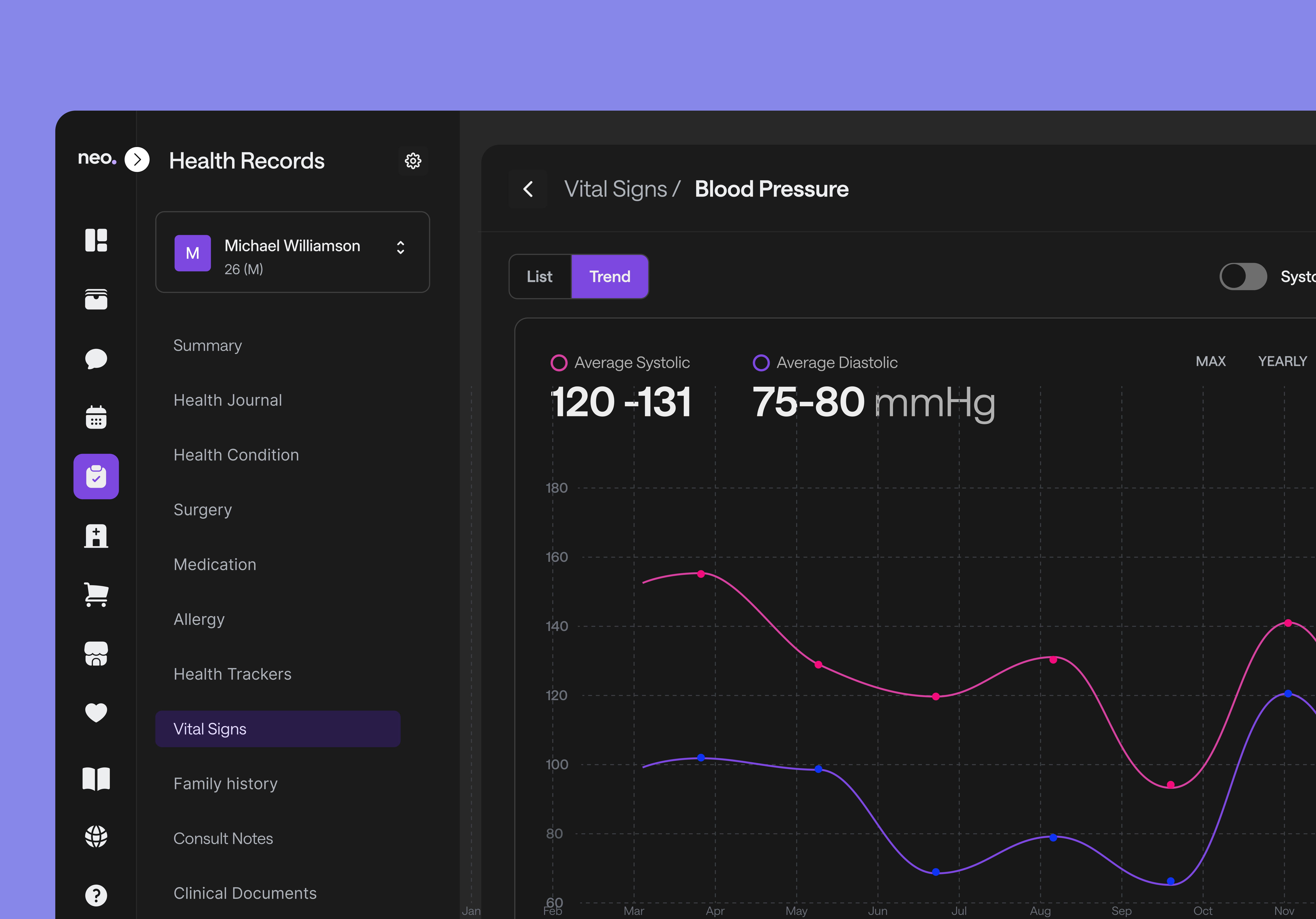
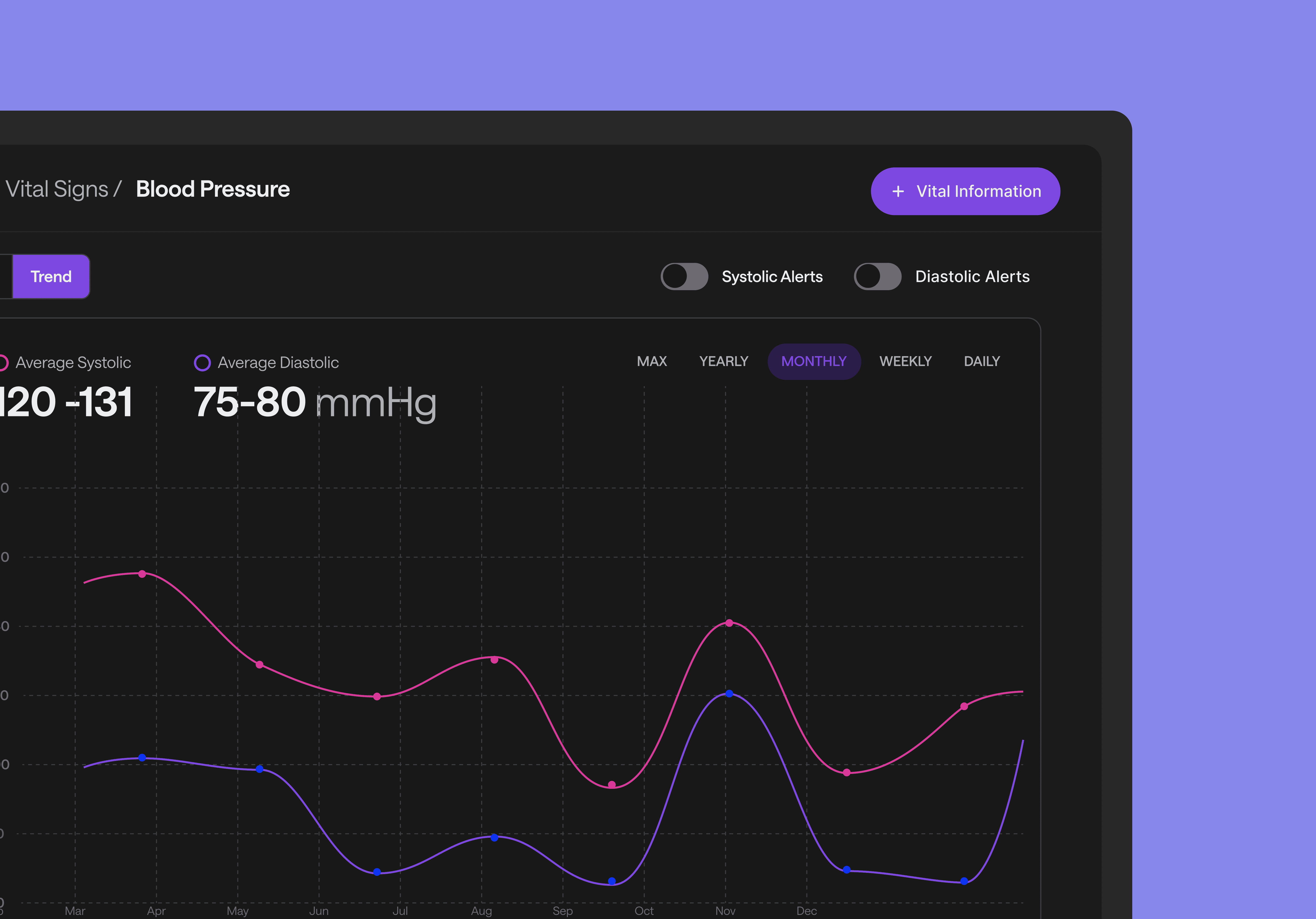
5. Pharmacy Integration
Prescription Management: Doctors can e-prescribe, eliminating confusion around handwritten notes.
Medication Delivery & Tracking: Families can order and pay remotely, while local pharmacies handle doorstep delivery.
Refill Alerts: Timely notifications help prevent gaps in necessary medication regimens.
Cross-Border Coordination: If certain medicines are unavailable locally, diaspora members can pay for alternative or imported solutions.
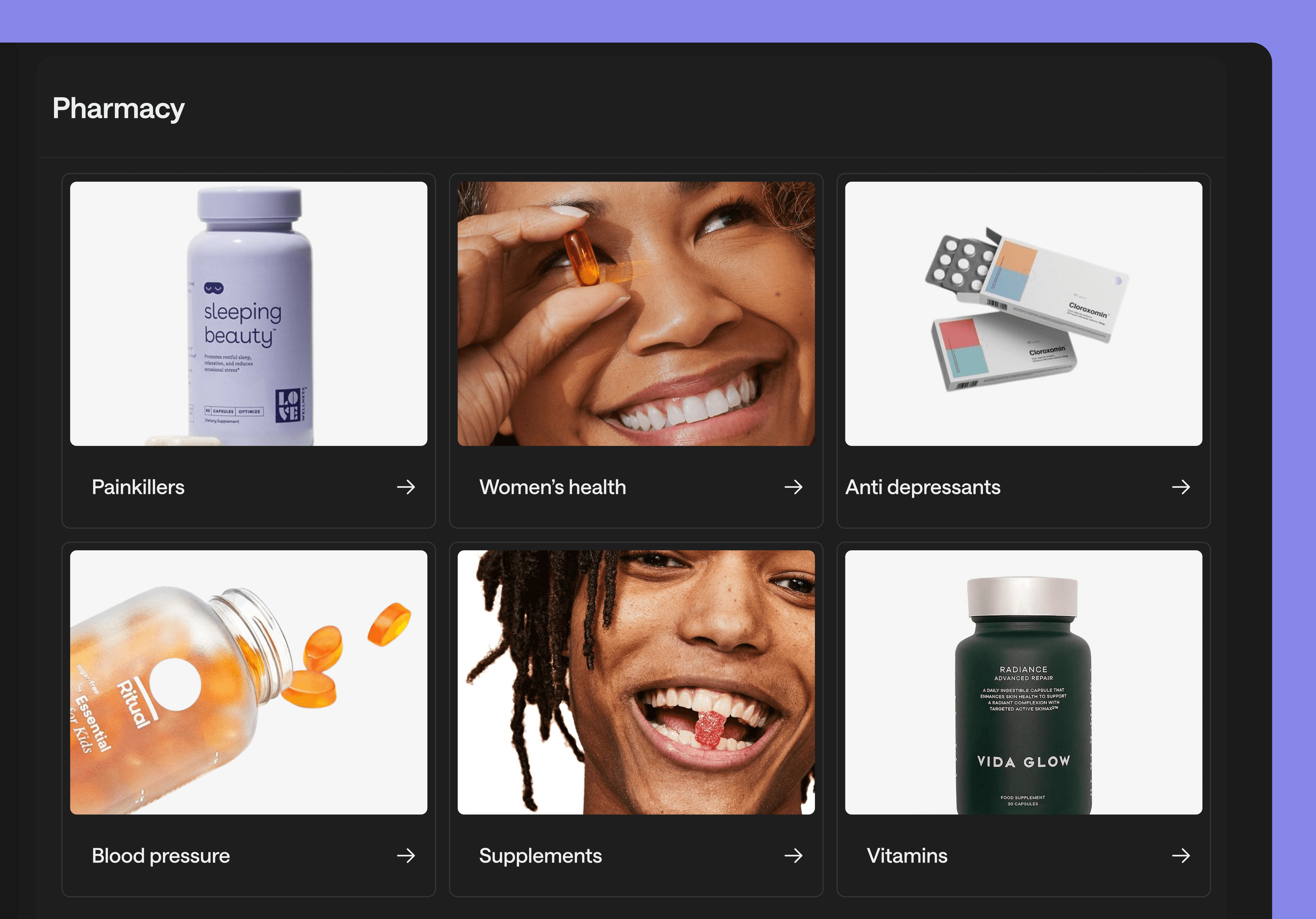
6. CareFund (Healthcare Fundraising)
Verification System: Only campaigns backed by verified medical documentation and provider input go live, building trust among donors.
Transparent Fund Management: Funds are disbursed directly to healthcare providers, ensuring they’re used for the intended purpose.
Progress Updates: Campaign donors and family members can see live treatment updates, fostering a sense of community support.
Easy Social Sharing: Allows diaspora members to quickly spread the word on multiple platforms, speeding up urgent fundraising.
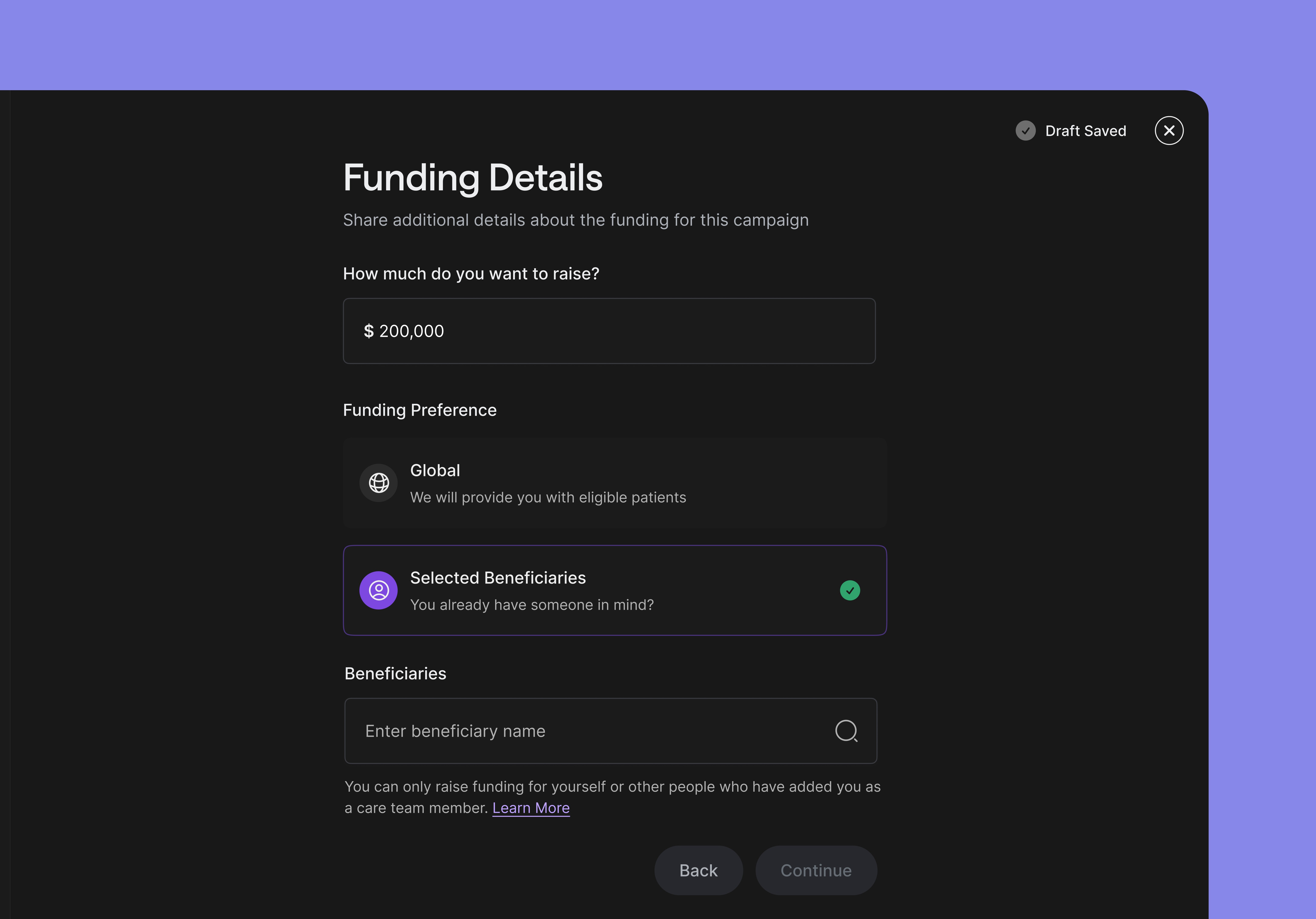
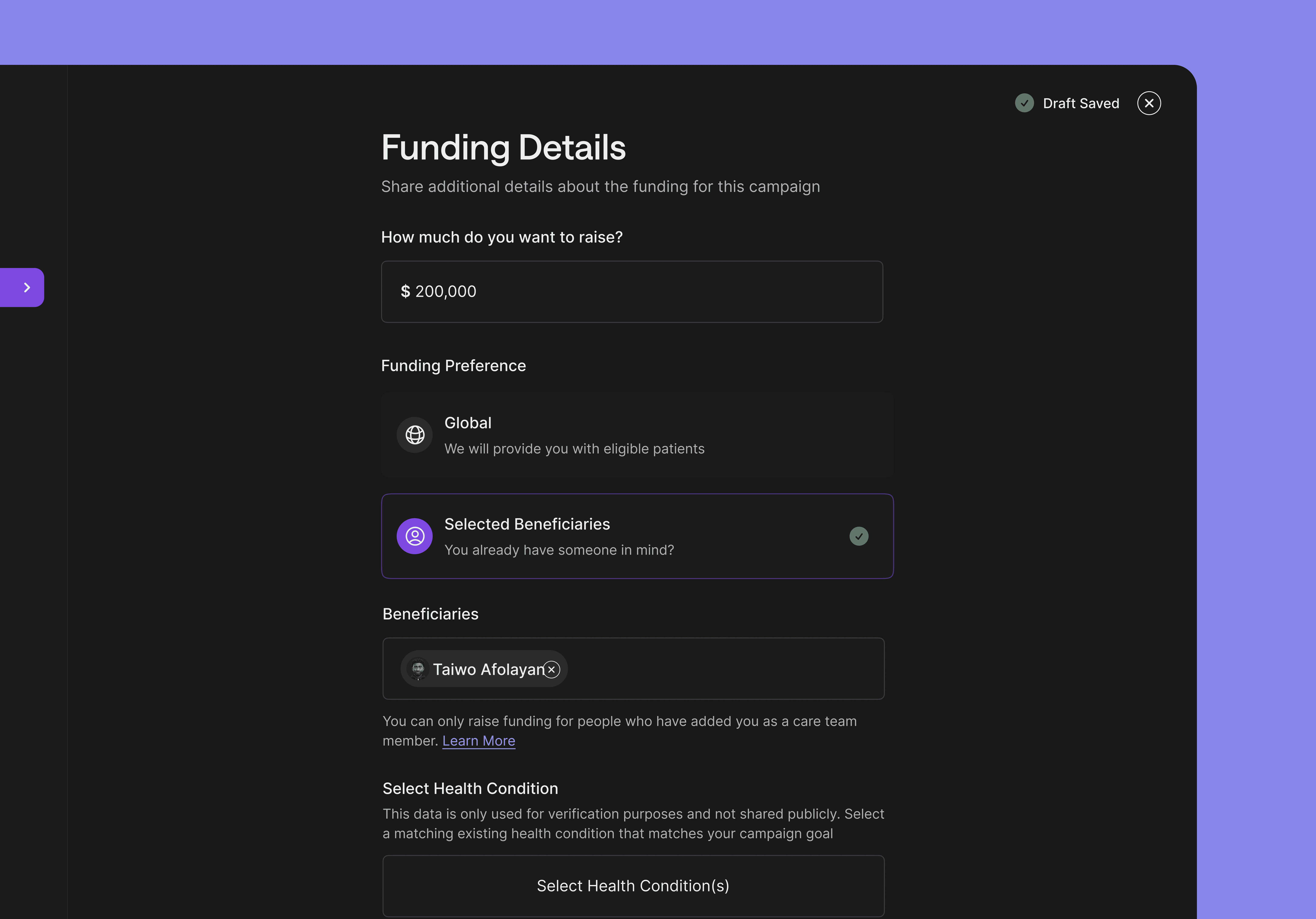

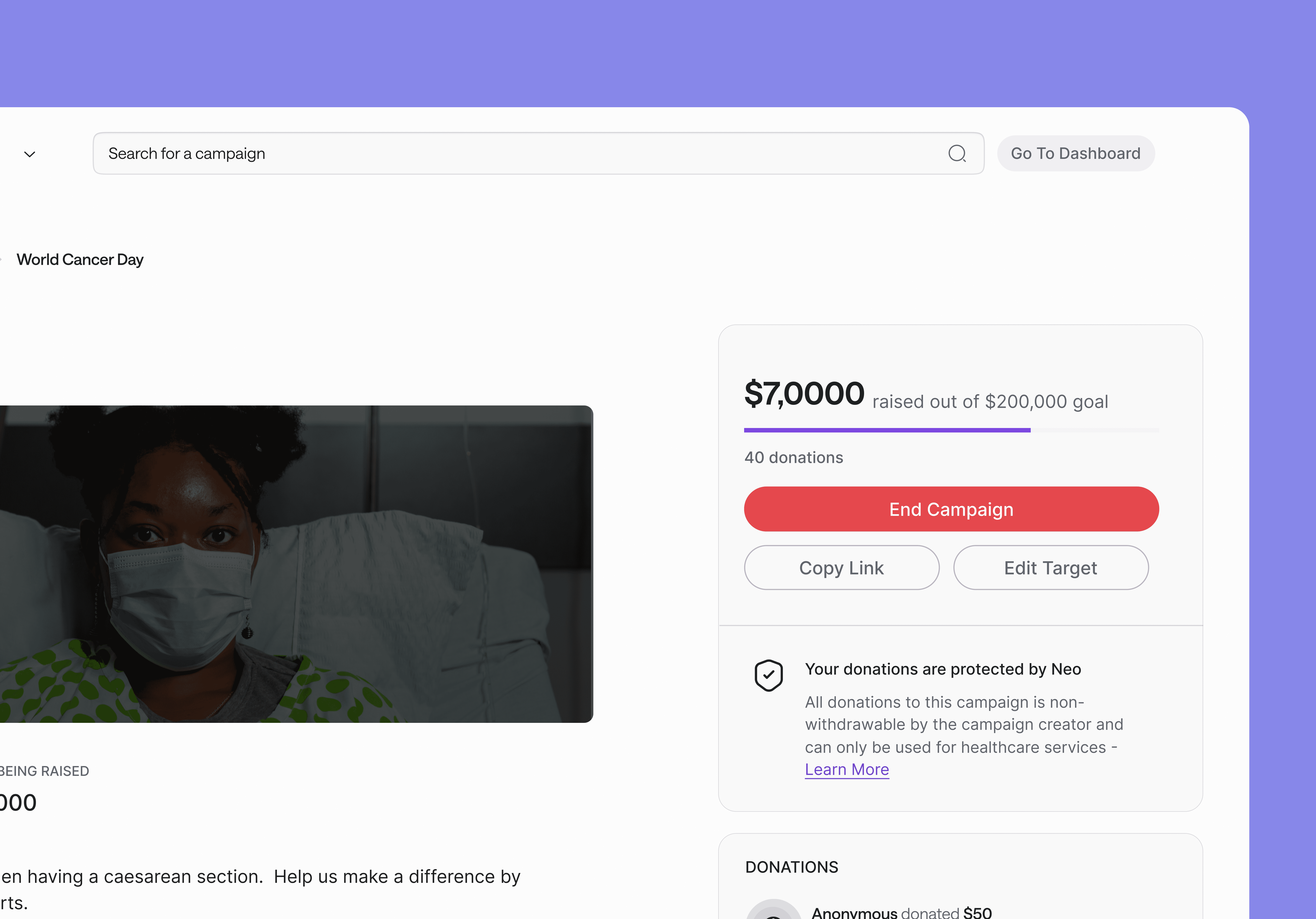
Learnings
Trust is Everything
A robust verification system for healthcare providers and fundraising campaigns is essential for user adoption. People are more likely to engage if they’re confident in the authenticity of both medical services and donation drives.Privacy with Purpose
Balancing anonymity in community discussions with professional accountability of verified provider responses is invaluable. It encouraged open conversation while maintaining credibility.Seamless Integration
When booking appointments, accessing health records, paying for services, and seeking community support all happen under one virtual roof, user satisfaction skyrockets. Complexity behind the scenes should translate to simplicity for end-users.Cultural Understanding
Catering to both local African users and diaspora members requires sensitivity to diverse languages, payment preferences, and healthcare practices. Localization features and multilingual support are ongoing priorities.

